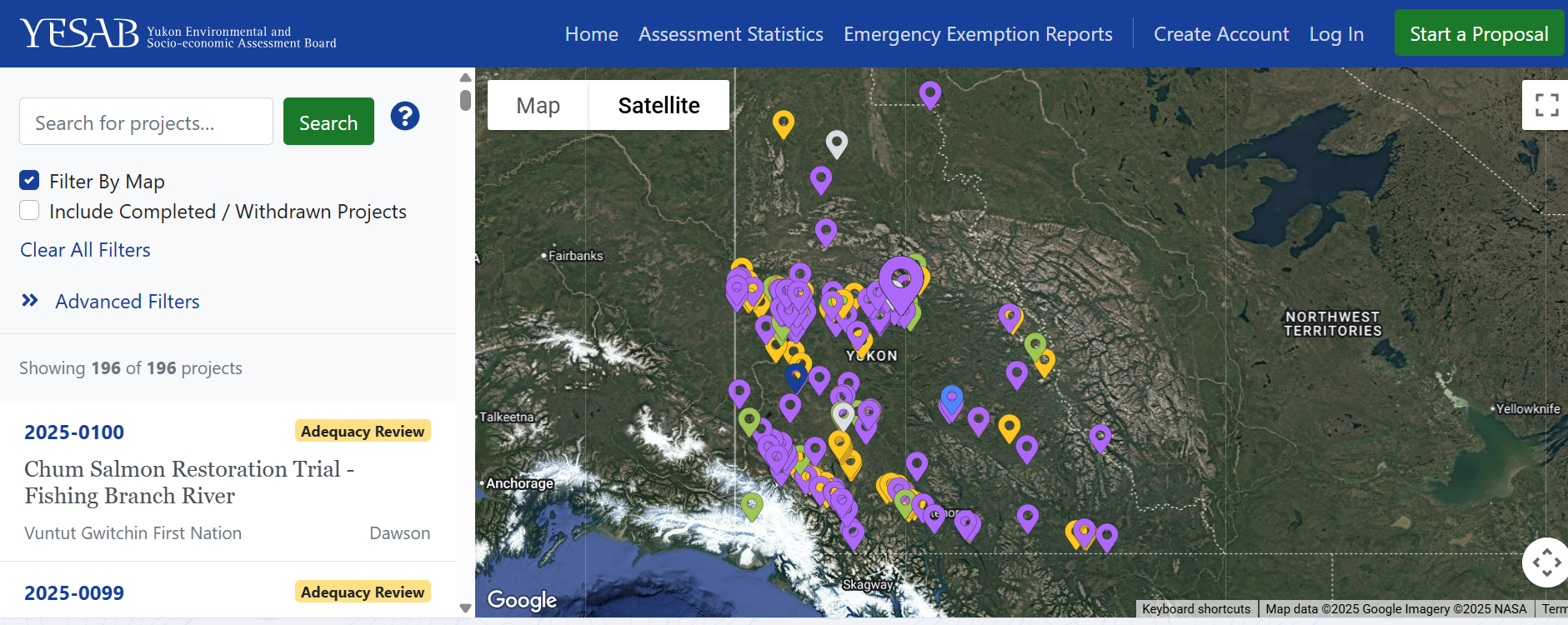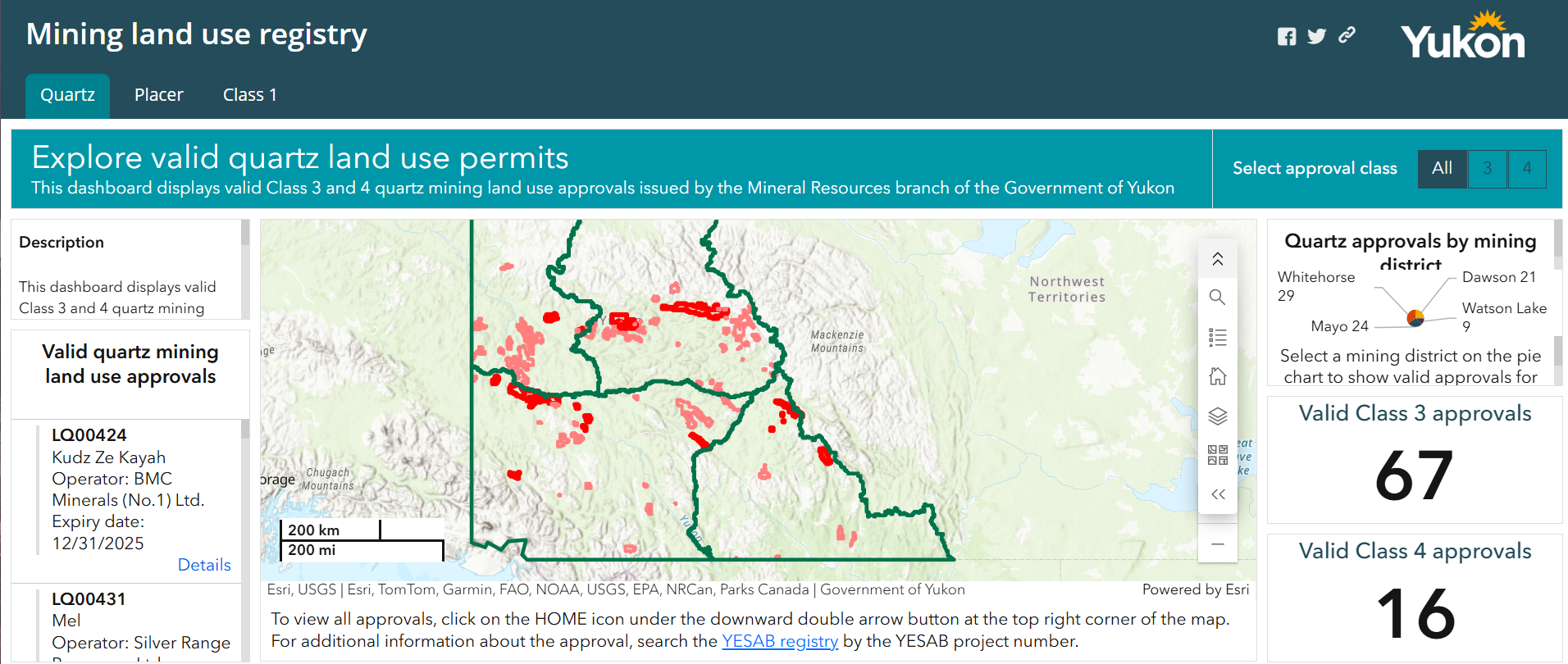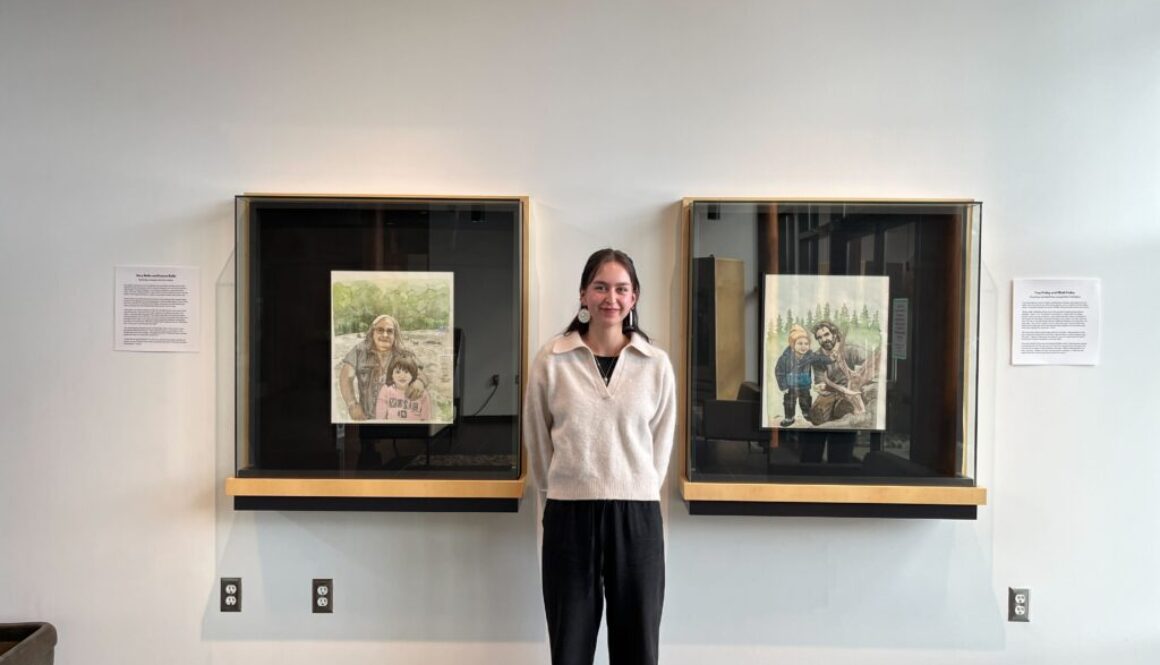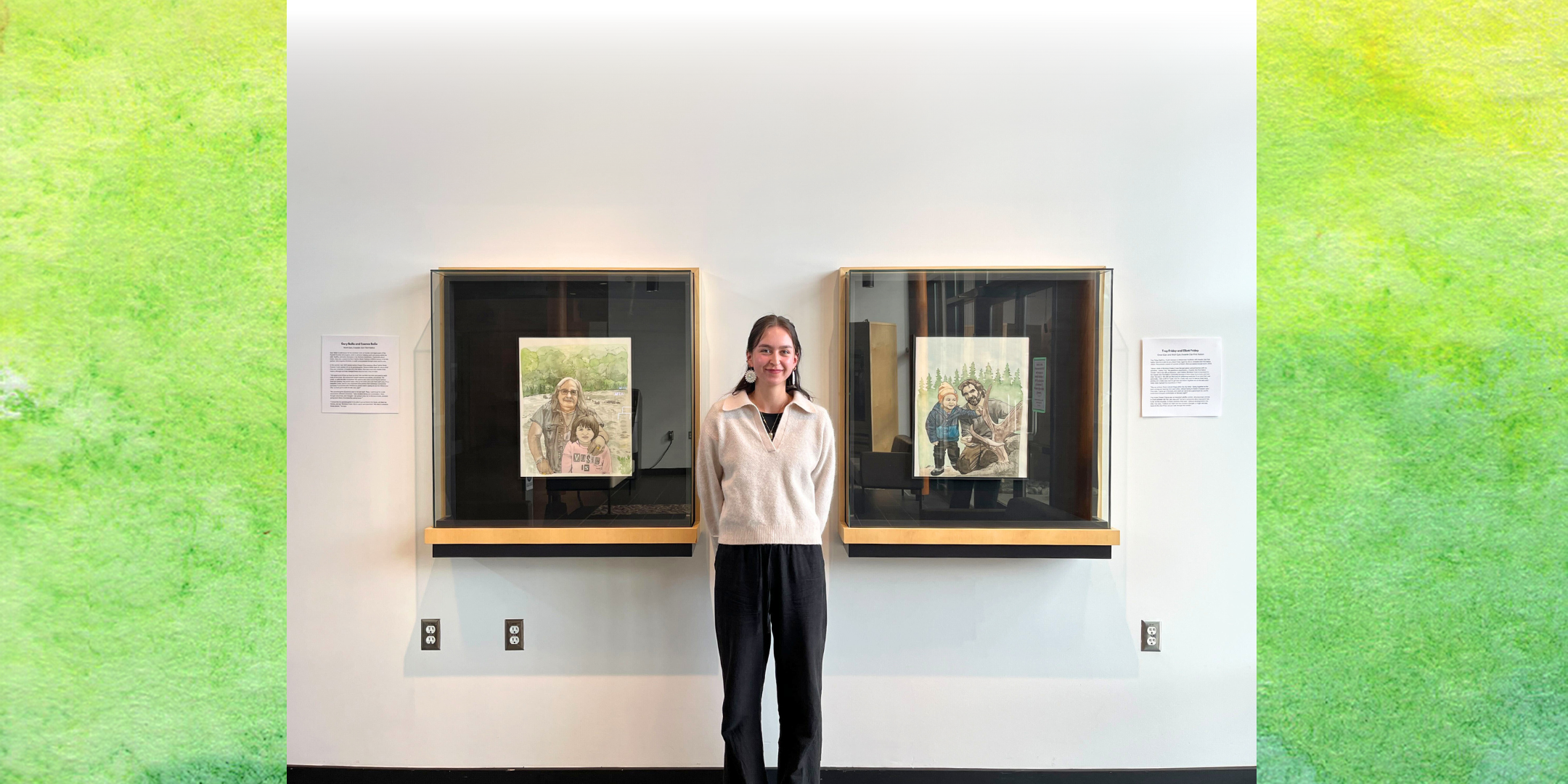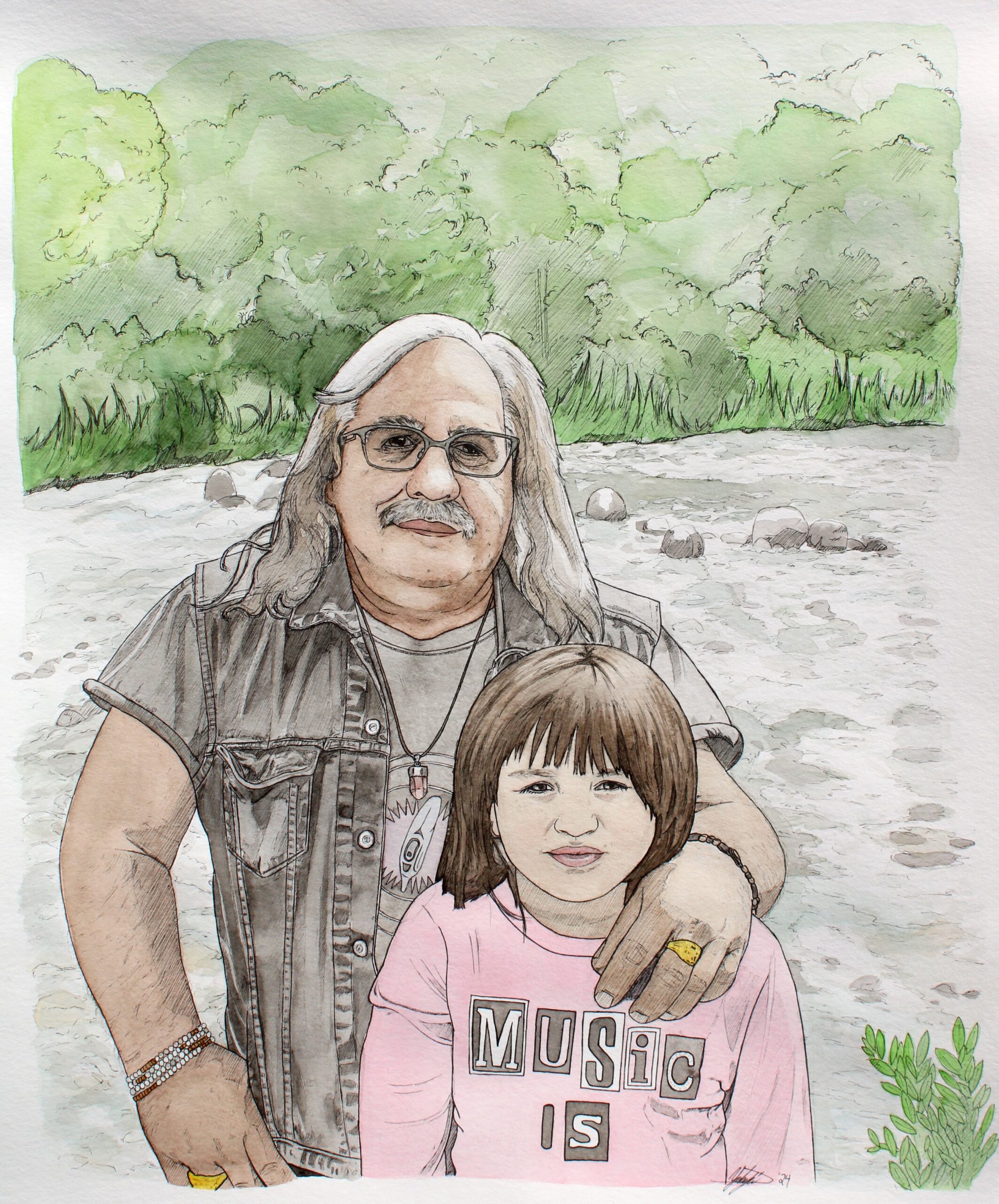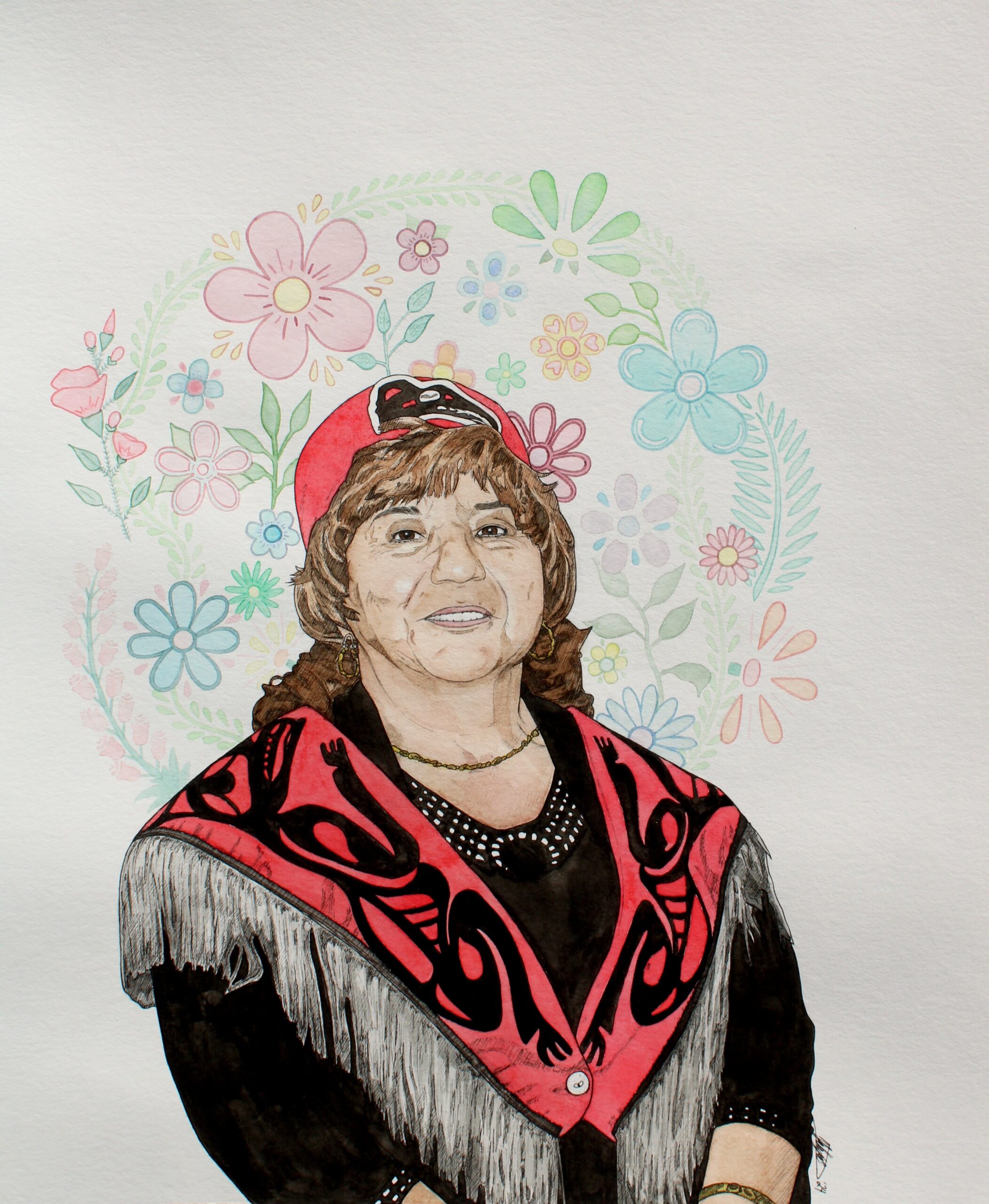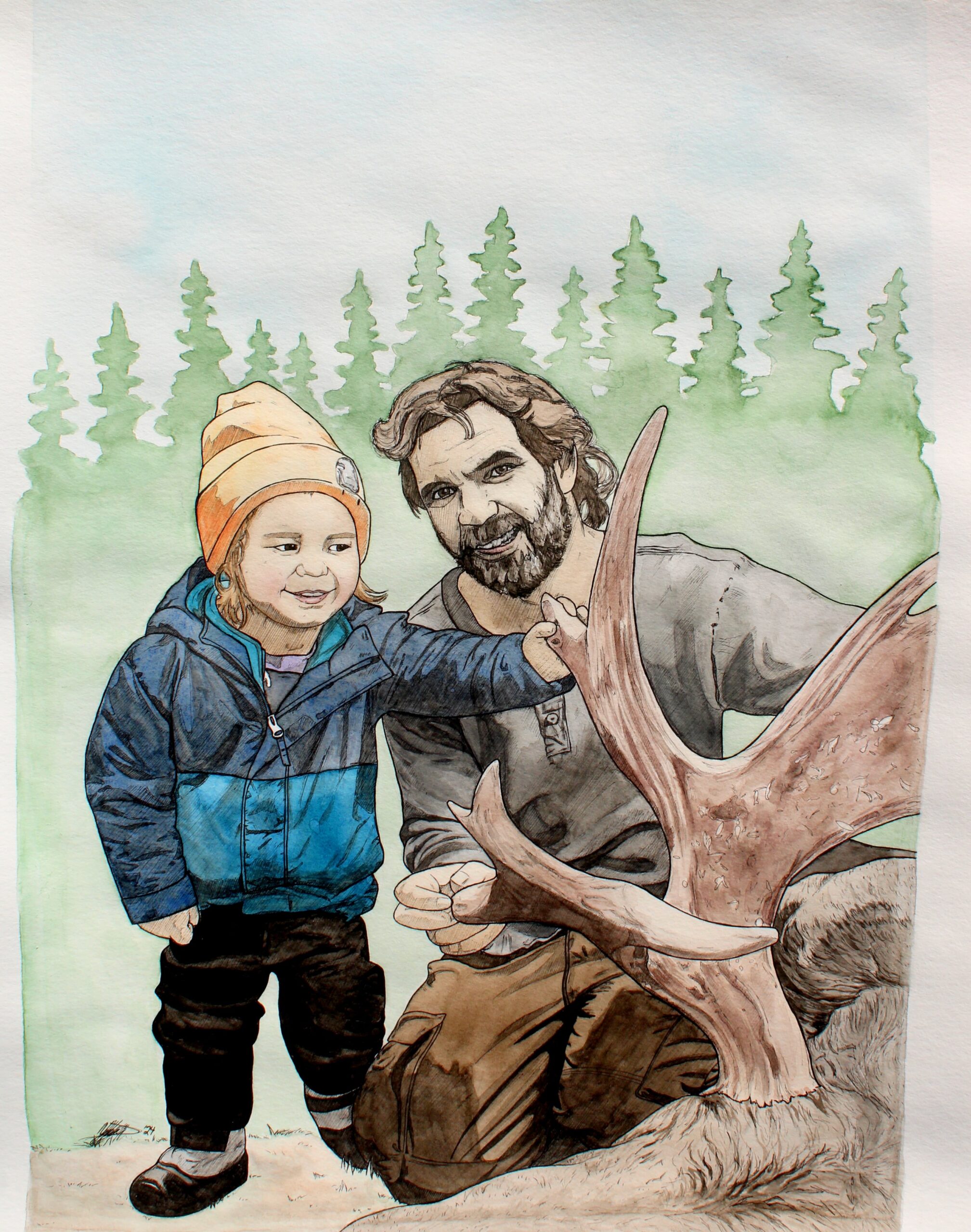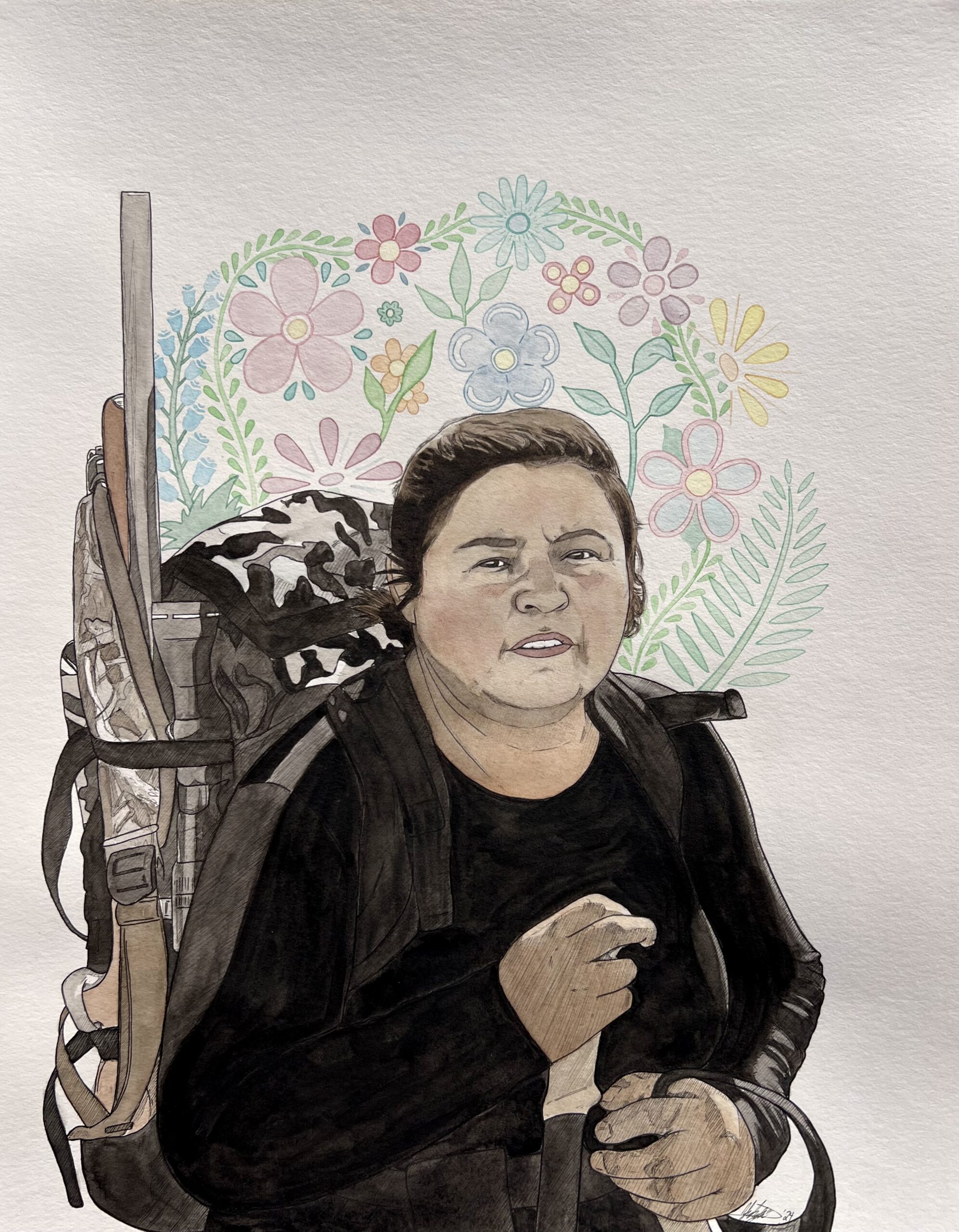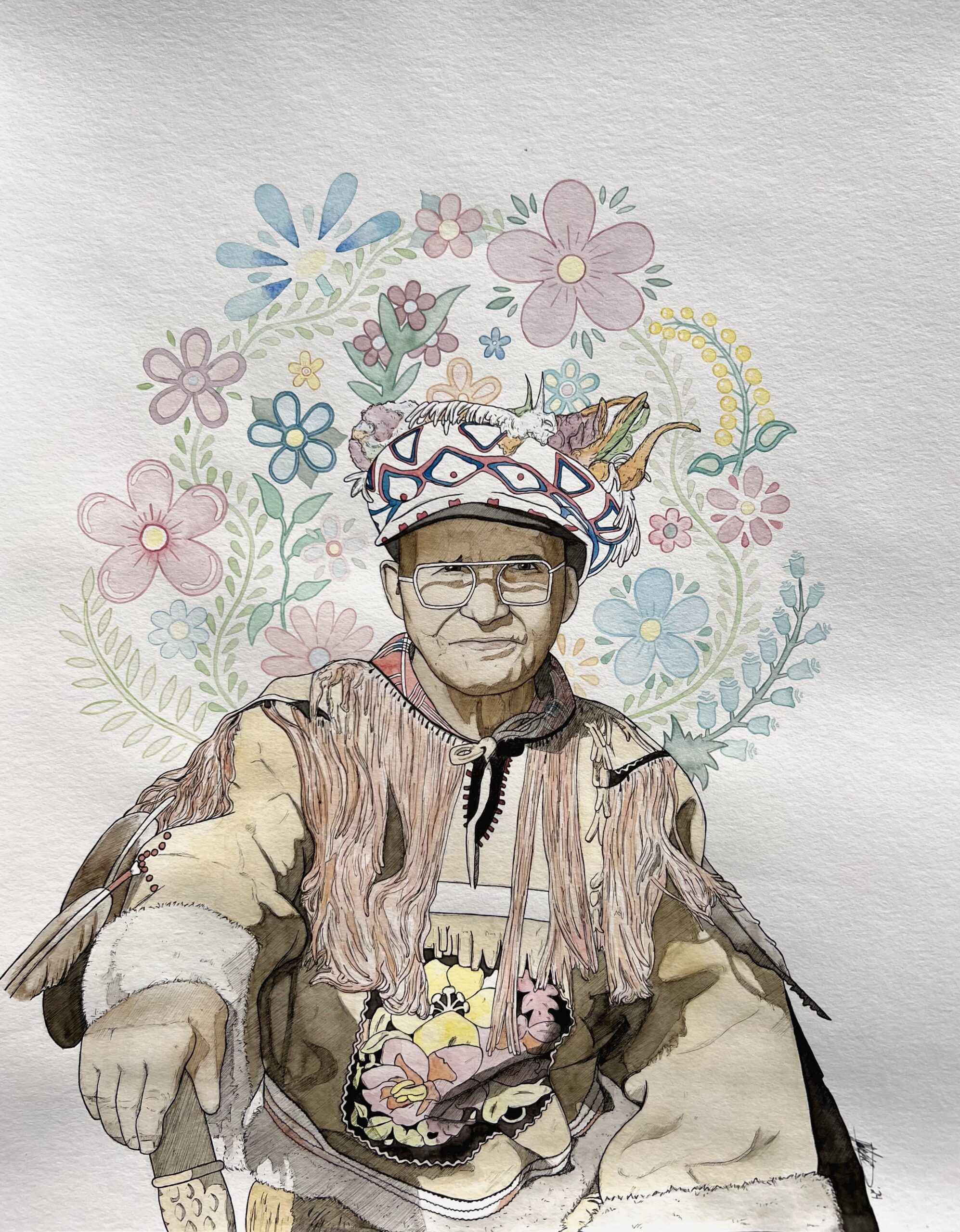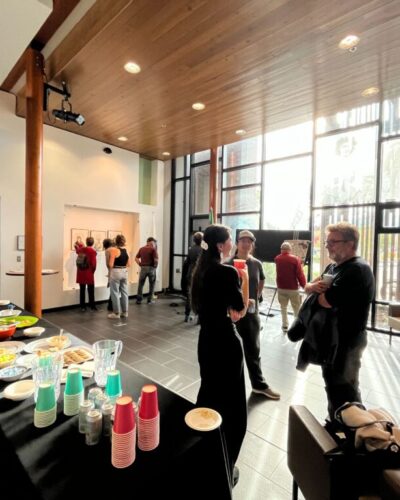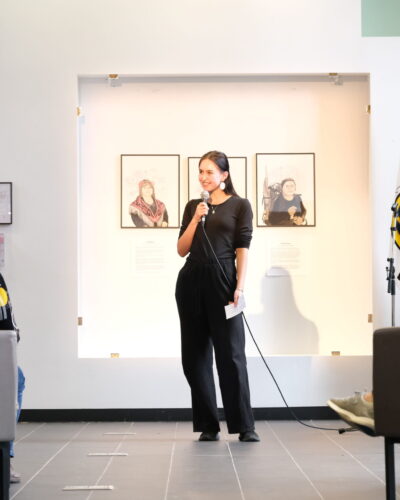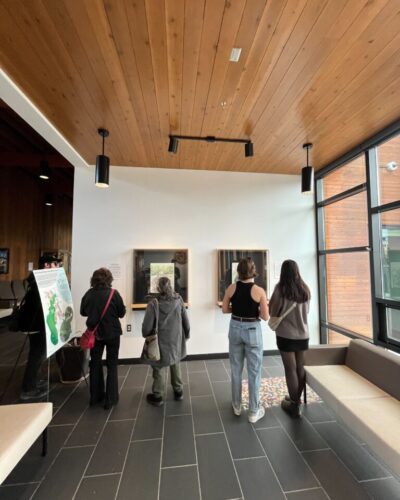The environmental impacts of our food systems, which prioritize industrial production, rely on monopolized suppliers and depend on global transportation and they are rapidly degrading, not only our land and water, but also our resilience. In the north, this fragility is felt through vulnerabilities such as road closures, tariffs and natural disasters.
How do you plan to ensure northern food systems are protected?
Jon Weller, Yukon Liberal Party:
Sure, thanks and I really appreciate the question. This one actually hits a little bit home for me, just because, I in my other part of my life, I do work in agriculture. For this summer, I’ve been working with Carcross Tagish First Nation, helping to manage the farm up at Crag Lake. And so I think there’s lots of really, so I’ve been learning a lot more about agriculture in the north, and I think there’s a lot more that we can be doing with it, and I think there’s a lot that can be happening with it, but it is it’s a unique place to try and grow things.
So supporting the agricultural industry is huge, and doing the work that we need to listen to agriculturalists and supporting those types of community farm programs, I know they’ve been popular. I think the work up in Dawsons, for me really inspiring. Just the amount of food and the work that they’ve been able to produce up there is quite awesome. And it’d be nice to see models like that more replicated elsewhere. And I don’t want to preempt the platform and get myself into trouble, but I know there is some good announcements in the platform around supports for agriculture and food producers in the Yukon so really using the tools that are available for the Yukon government to create the market for food producers, because when you create the market or create the demand, the market will grow to be there. So I think there’s a lot to be done there. And then, you know, just off the cuff, a lot more as a grower myself, spending more time to work with research institutes to learn what works and what doesn’t, and apply those lessons and find some innovative models that we can work on to really start to increase the food supply.
Lane Tredger, Yukon NDP:
Yeah, thank you for this question. I actually mentioned it earlier in my speed list. You might have missed it because it was going really fast of ways to reduce greenhouse gas emissions. You know, the less we can be trucking up the highway, the less we can be depending on food from outside. It’s a win, win, right? Like it’s more, it’s more security for us when that highway link gets broken, and it’s less greenhouse gasses, and it’s supporting a local industry that’s really important. I hear a lot of frustration when I talk to people in that industry, in the agricultural industry, and I think there’s a lot of ideas coming from them that we can listen to. And I also want to mention a little bit about sort of traditional food sources and hunting. And something I learned in the last week, which just shocked me completely, was that if you’re receiving social assistance and you hunt or grow your own food, your social assistance is clawed back by the amount of how valuable that food is seen to be, and that’s just wild to me, like that could be changed today, tomorrow would be good. So, I think there’s ways that we can look at how to encourage people to make the most of the systems we have in place, and not penalize them for them, and then grow those industries even more.
Currie Dixon, Yukon Party:
Yeah, so look, I’ll do nothing but agree with my colleagues on this one. I think that both Jon and Lane have explained some excellent aspects of this. I think we’ve only begun to scratch the surface of the potential of the agriculture industry in the Yukon. We’re already seeing people get more and more creative with the growing opportunities that exist, both here in Whitehorse and around the territory. We need to be doing more to support the agriculture industry, getting land out, making sure that agricultural land is available for development to grow the amount of food that we’re producing here in the Yukon. We need to do a better job of using the buying power of Yukon government to create, as Jon said, the market, and create opportunities for the agriculture industry to grow and fill in that that demand, so that we can have more locally produced products. Whether it’s eggs, meat, anything. There’s so much opportunity here in the Yukon and for those of you who are growers, you’ll see it. You know, I’ve seen things that I never thought would be possible to grow in the Yukon, grow in the Yukon, and there’s really a tremendous opportunity for more of that here. So I think that there’s more that can be done. I didn’t know about the part that Lane just said about social assistance, but I couldn’t agree more. That doesn’t sound like it makes any sense at all, and so I would largely agree with my colleagues said as well.

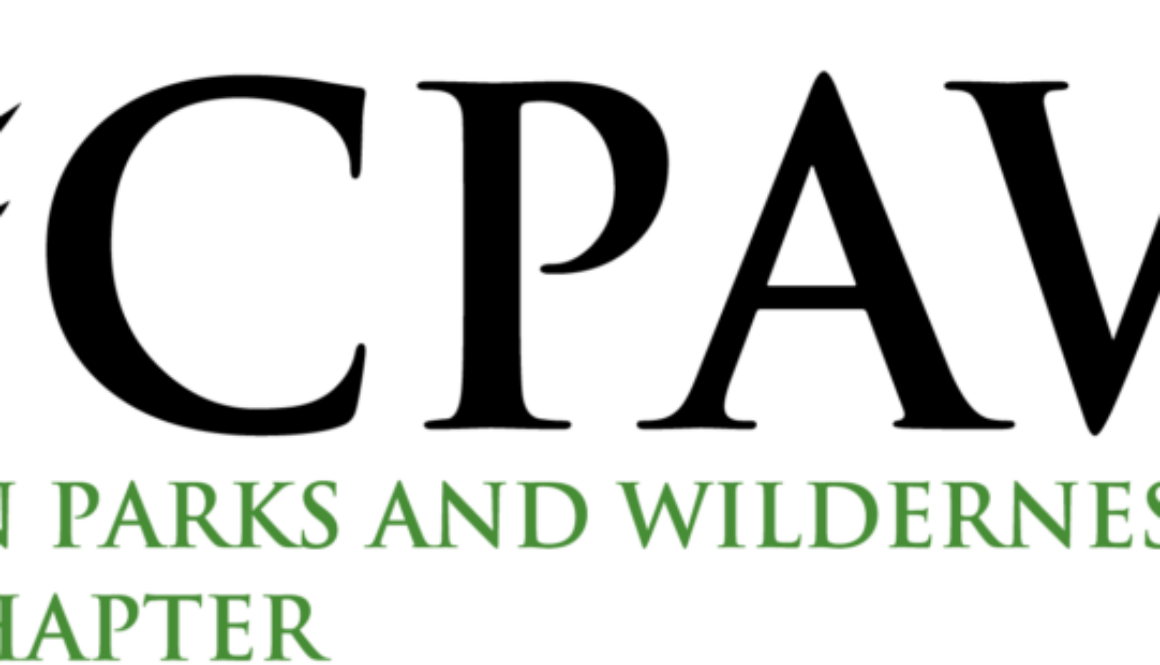
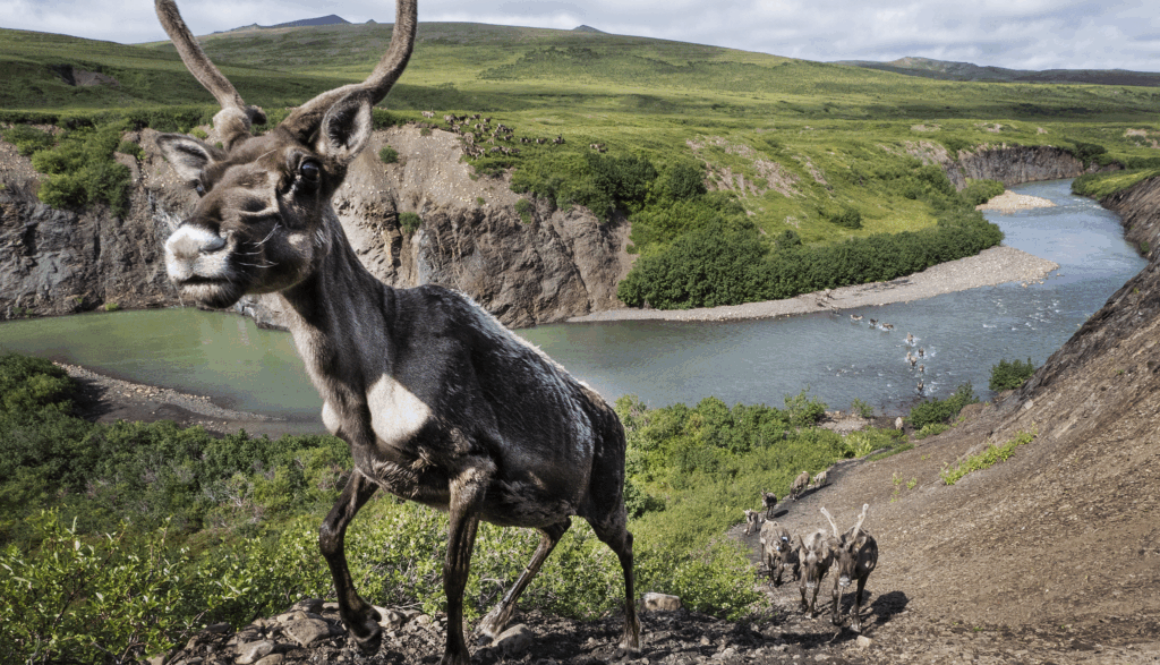
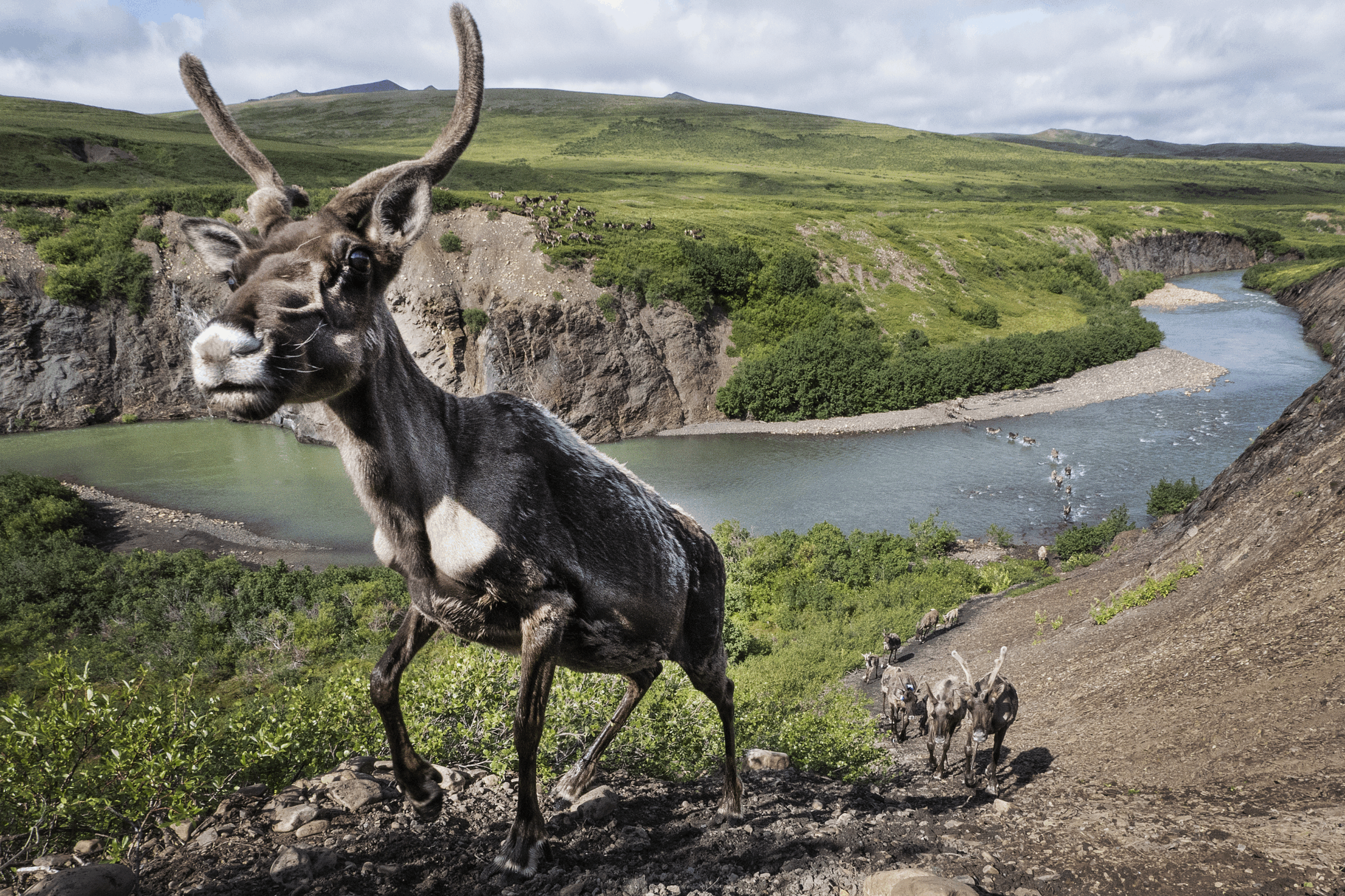
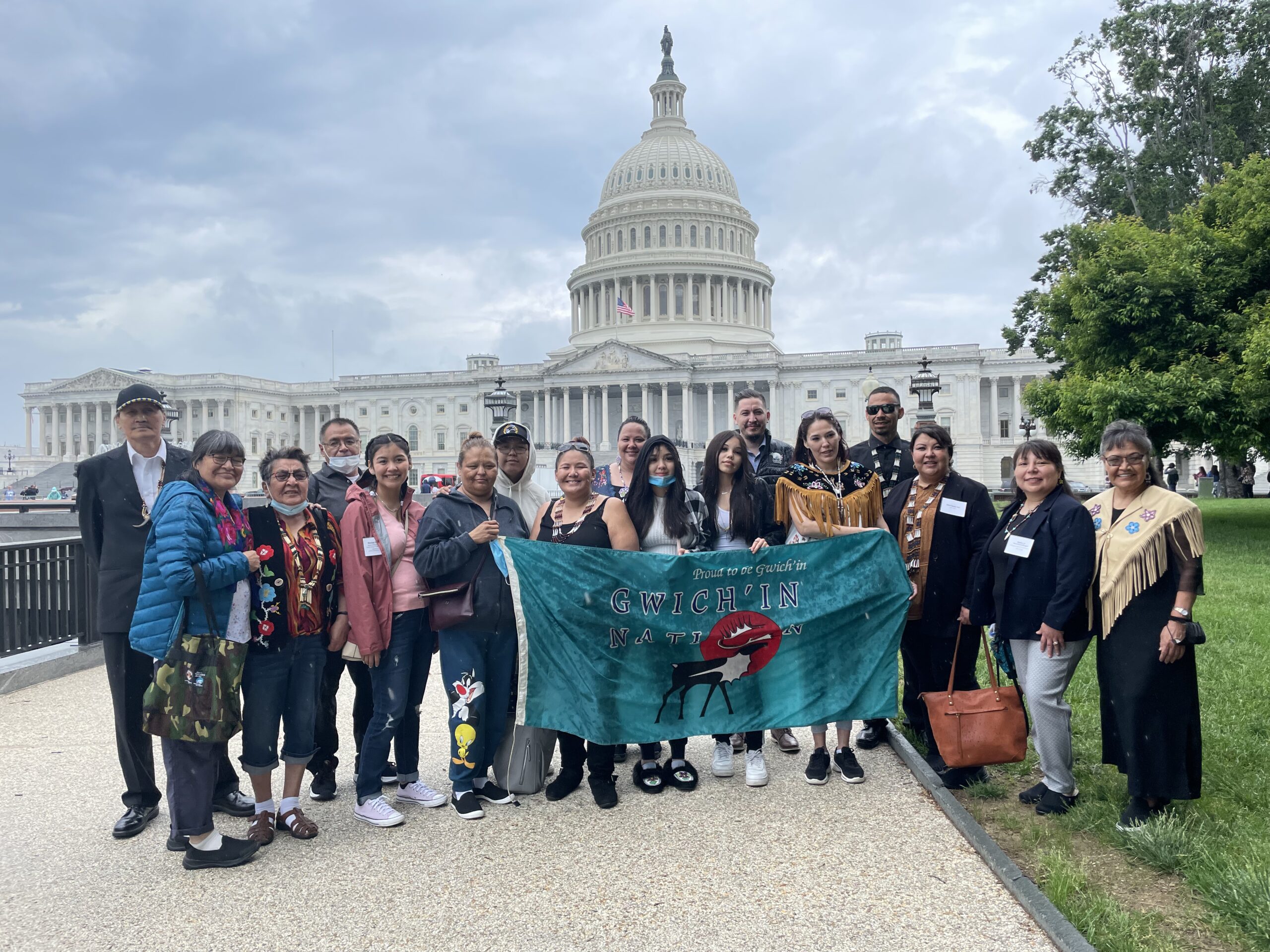
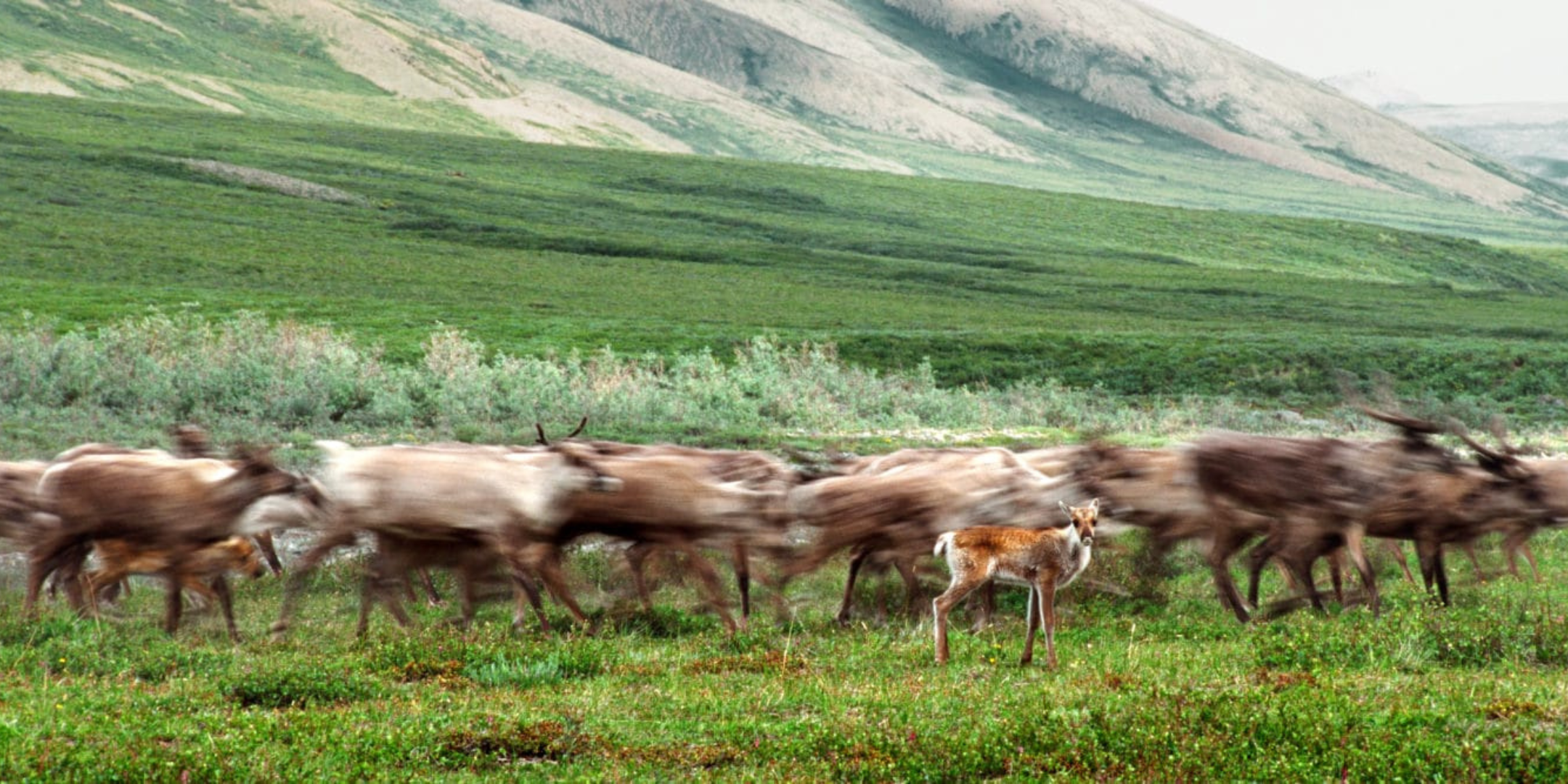
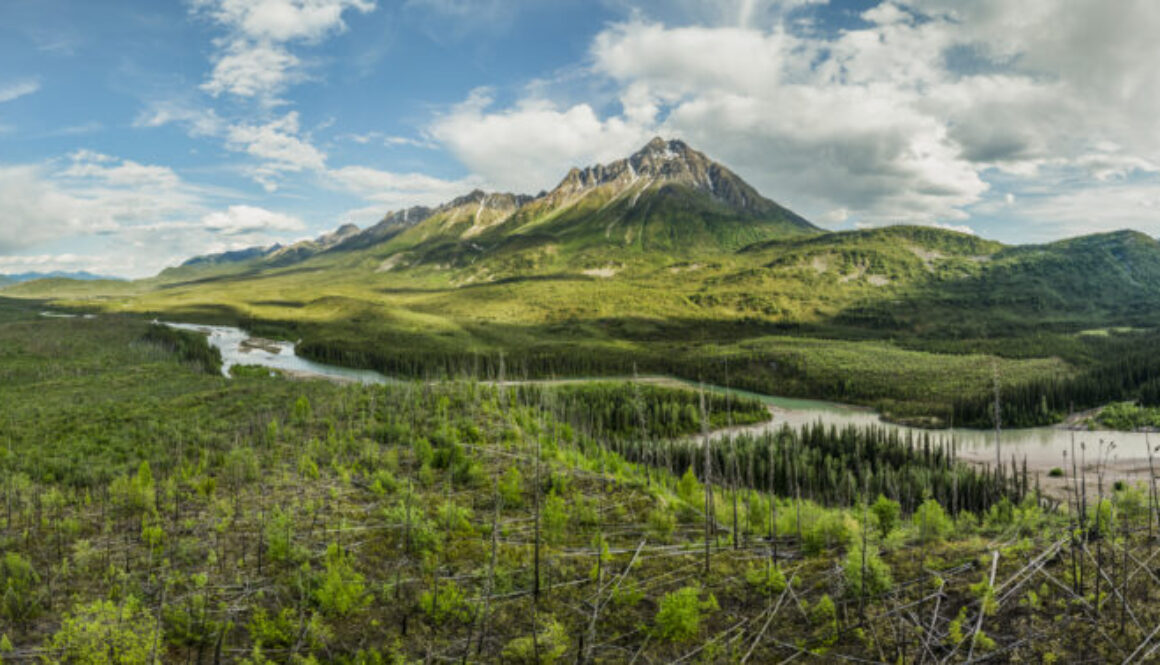
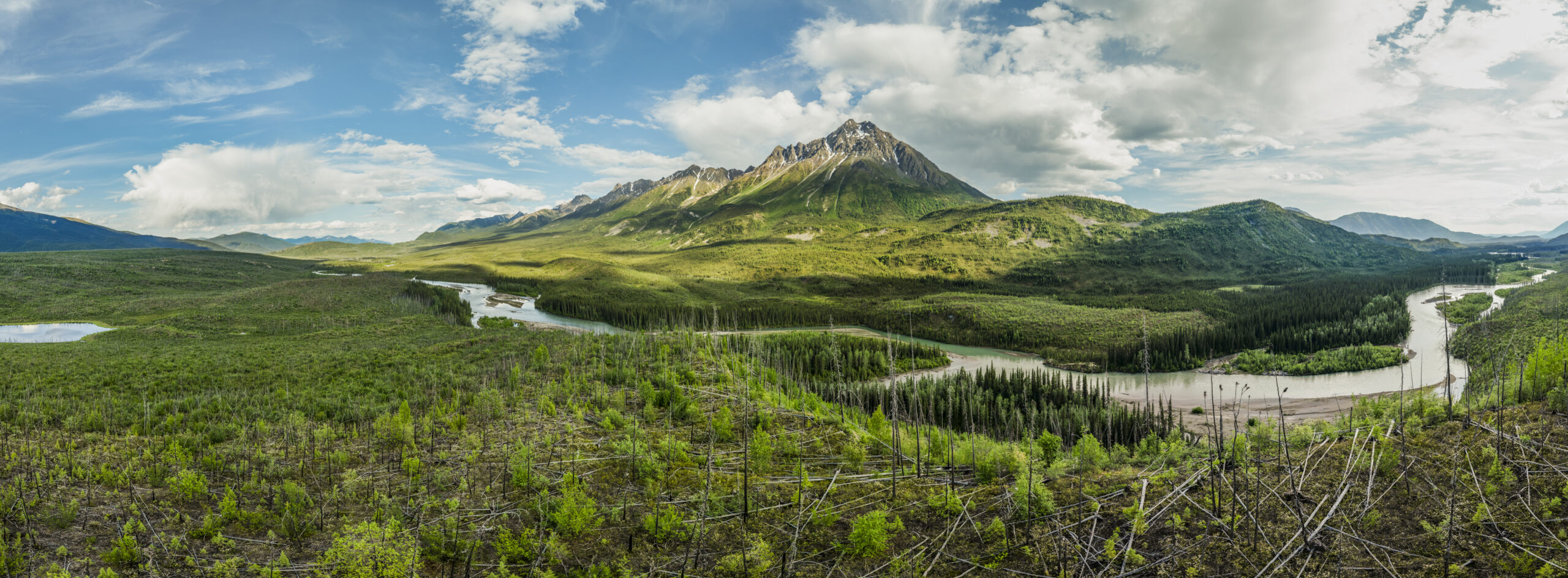
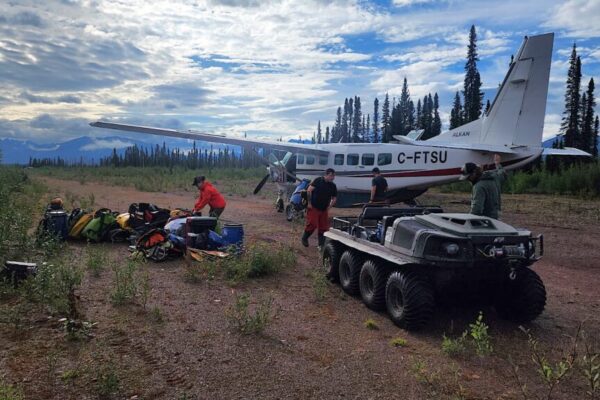
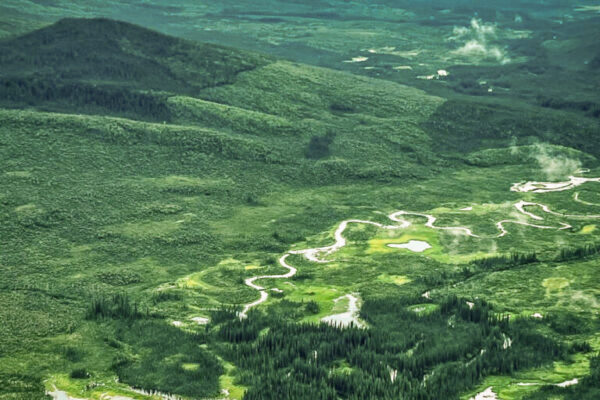
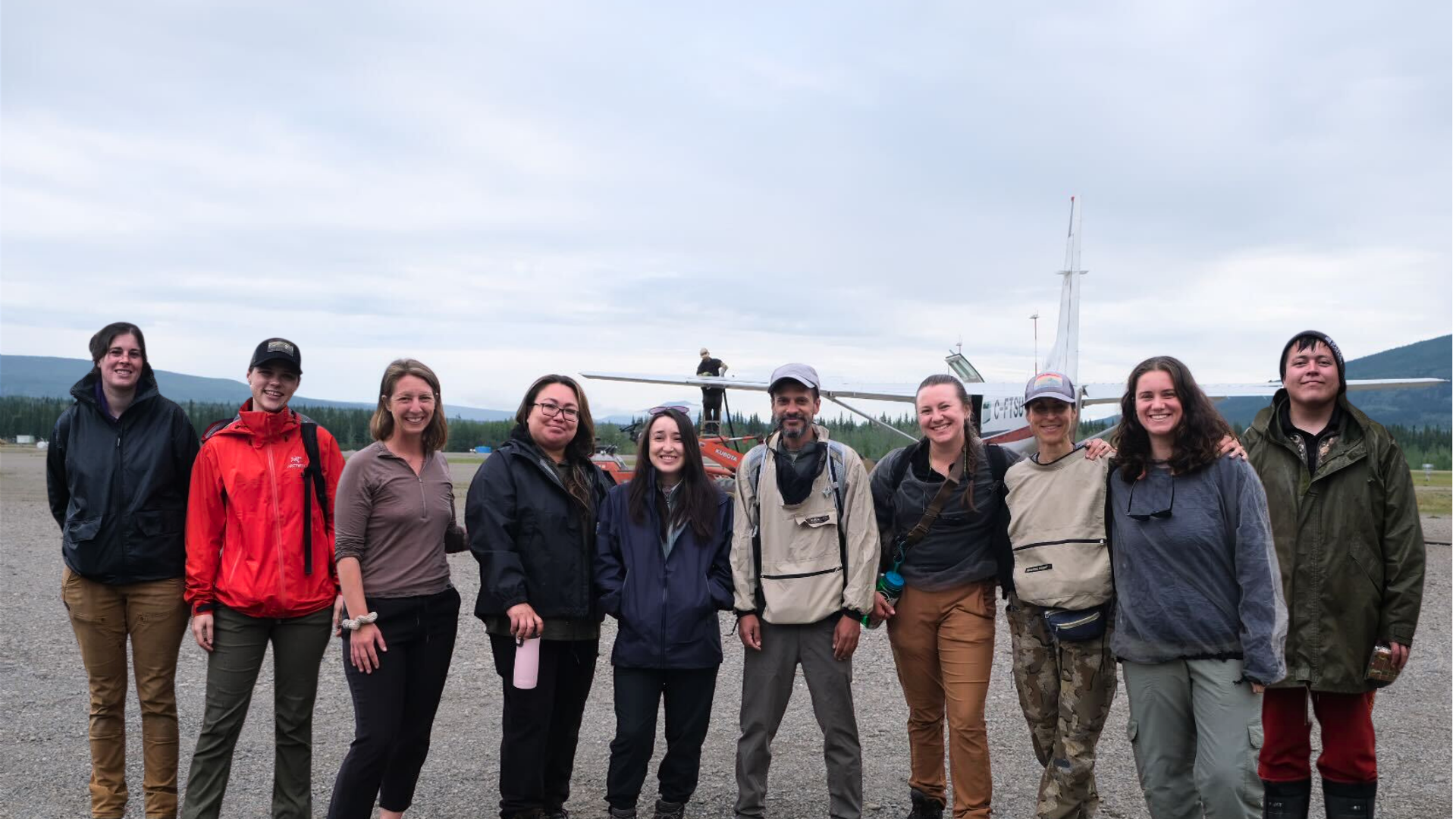
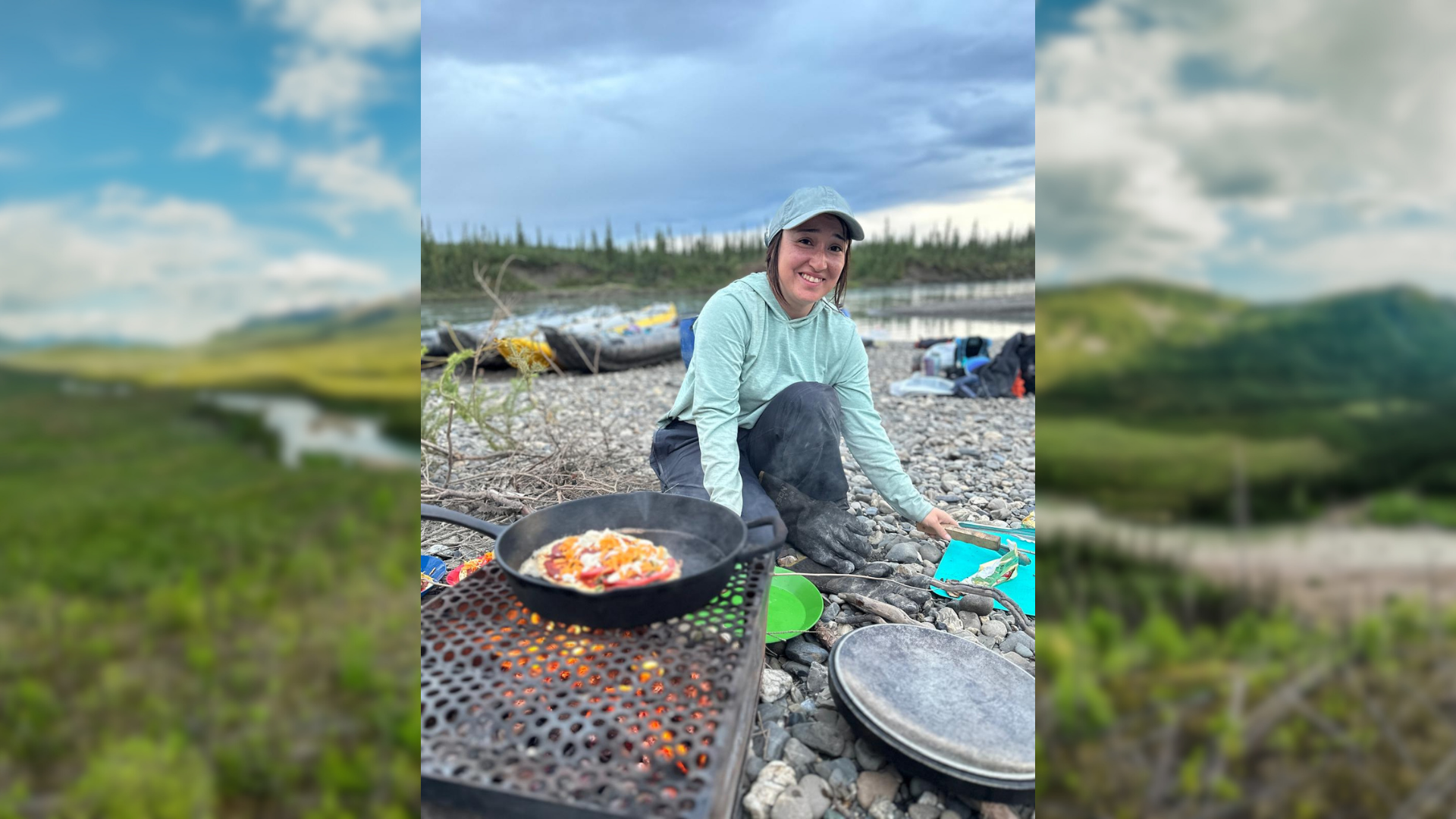
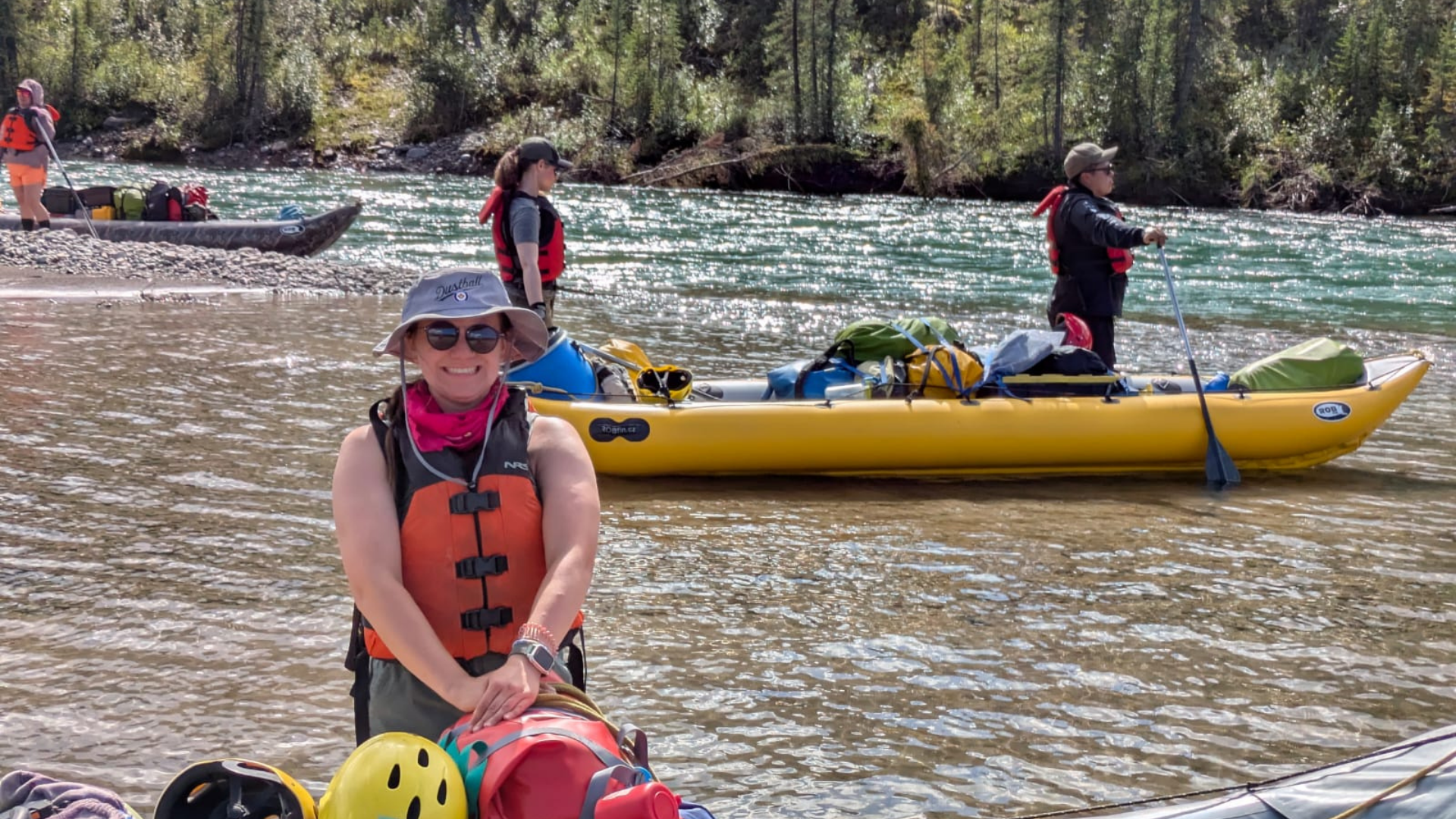
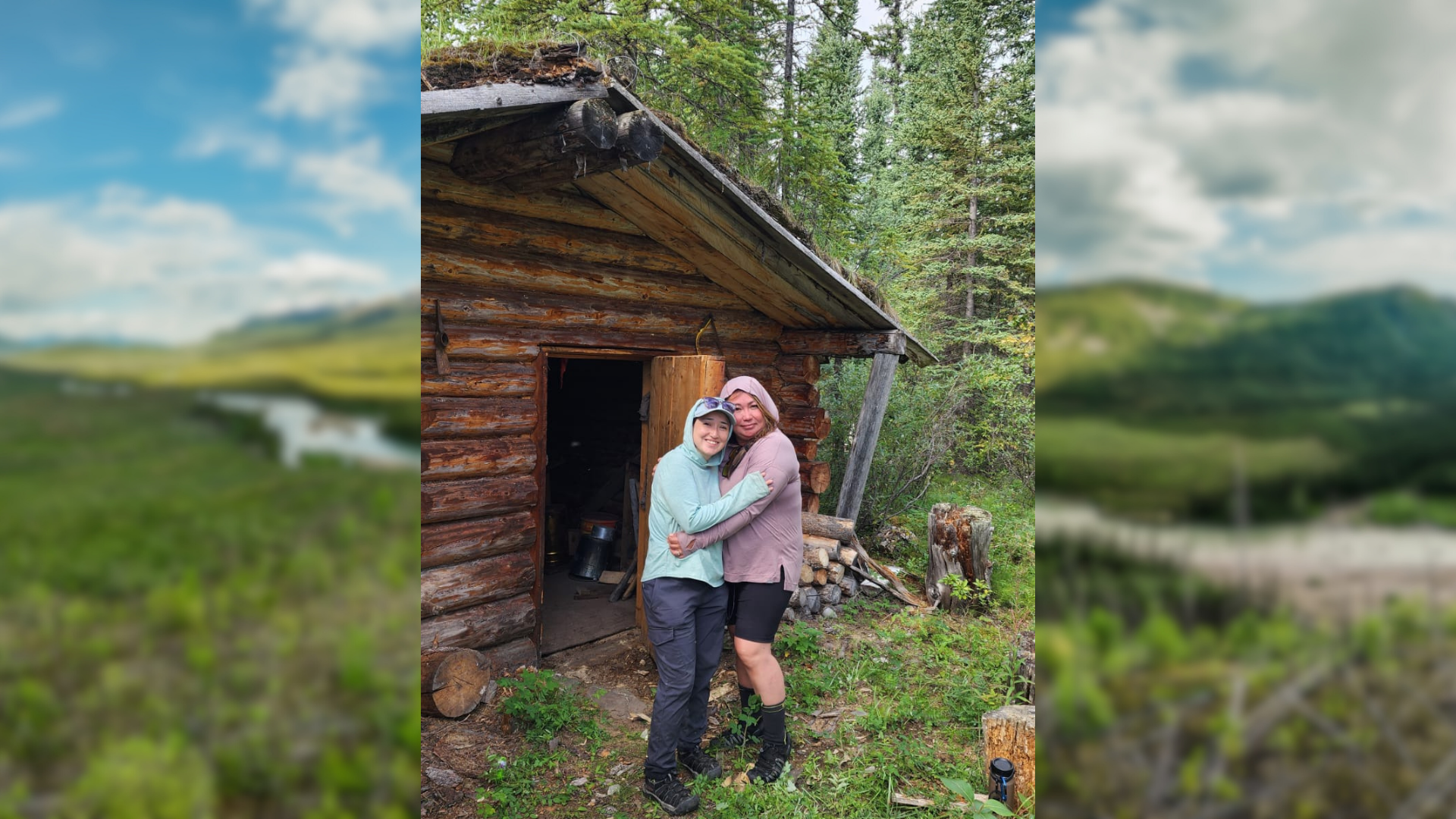
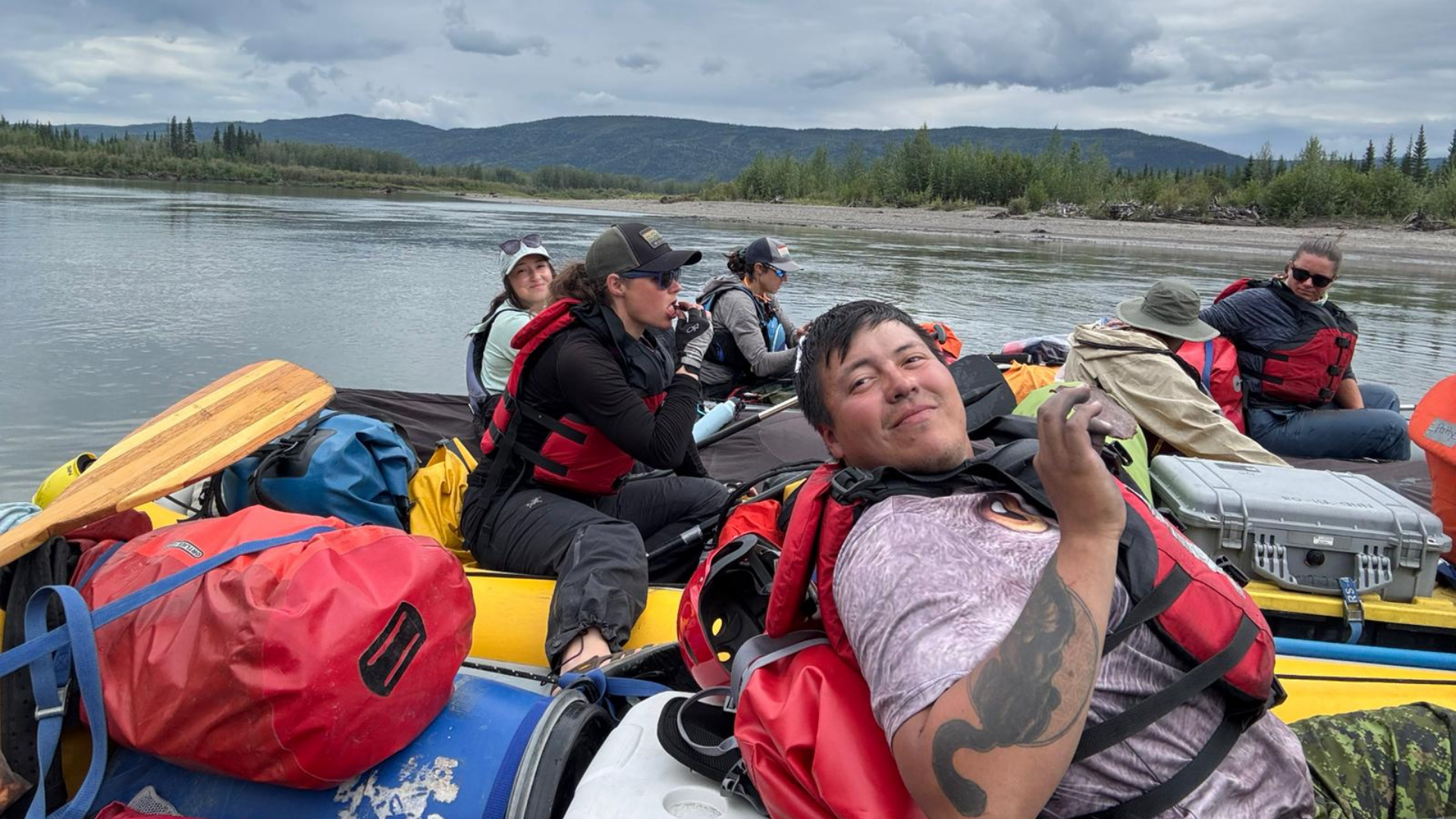
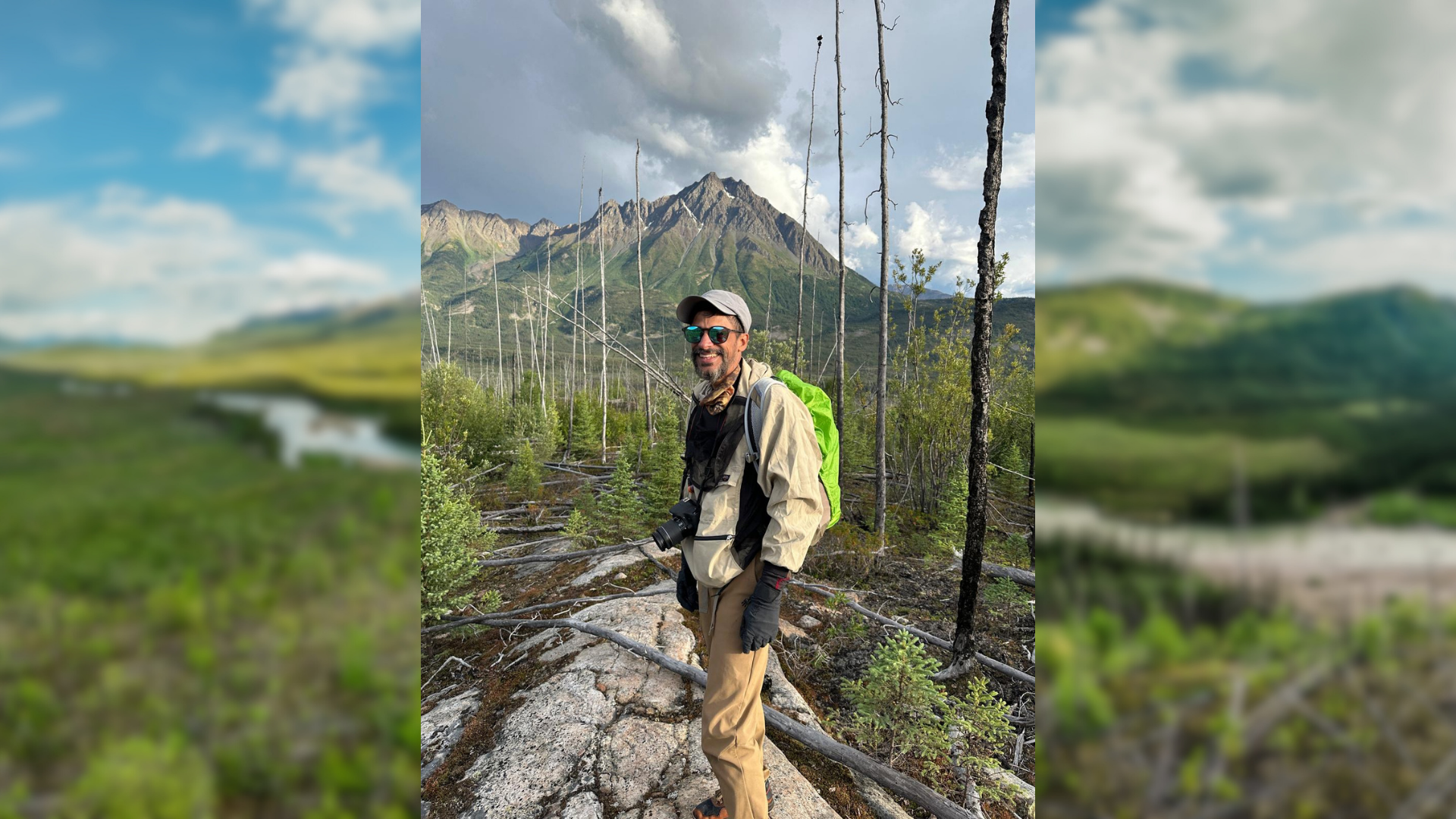
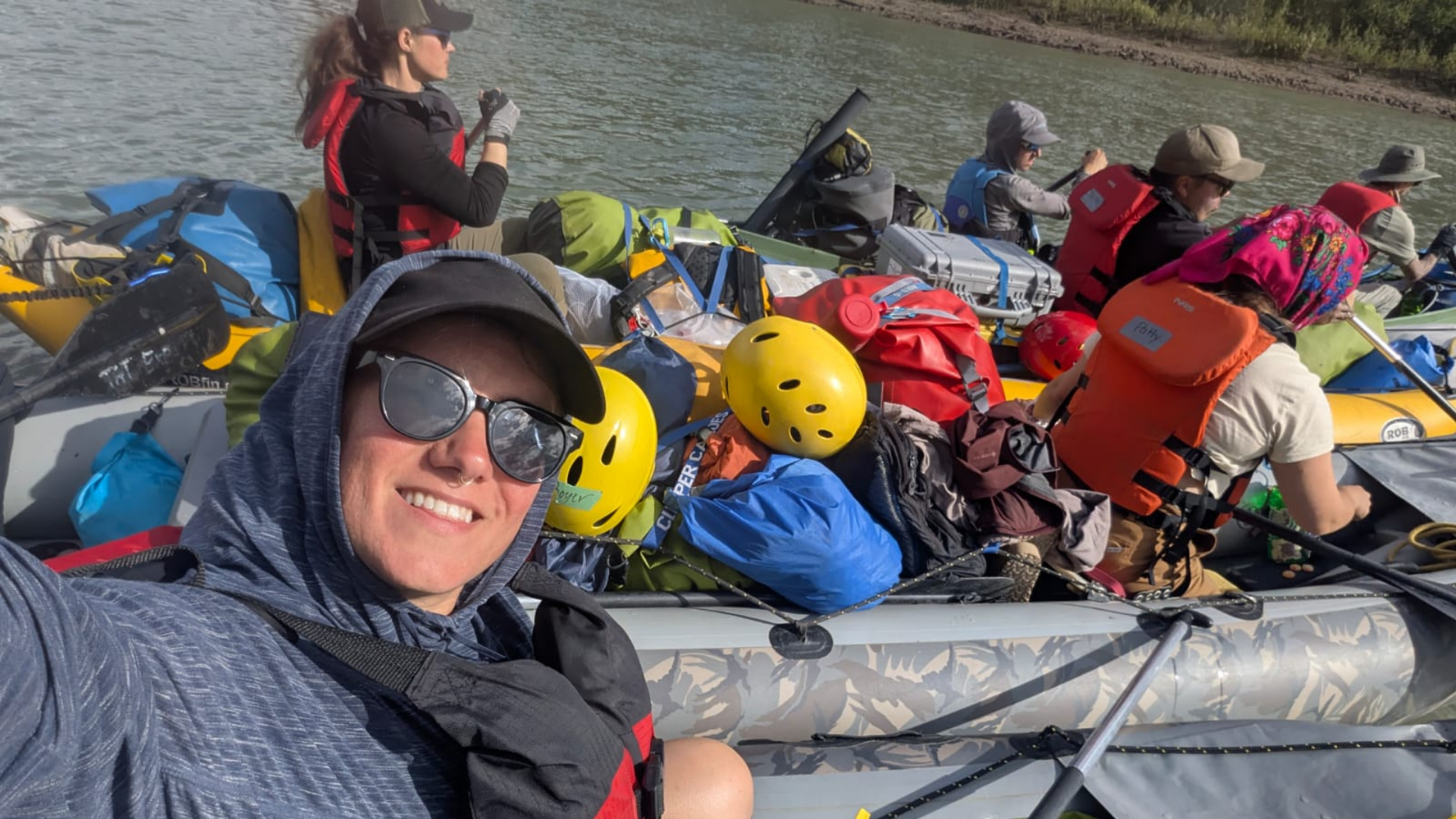
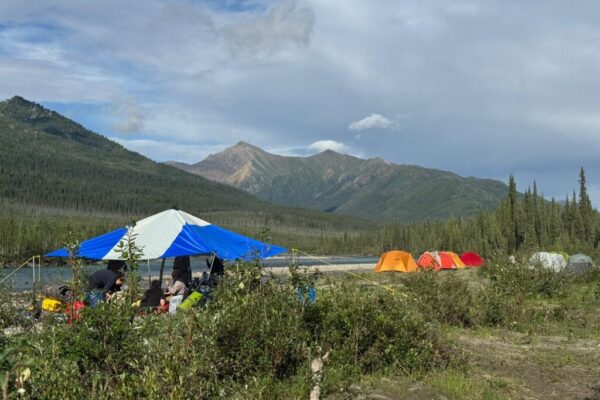
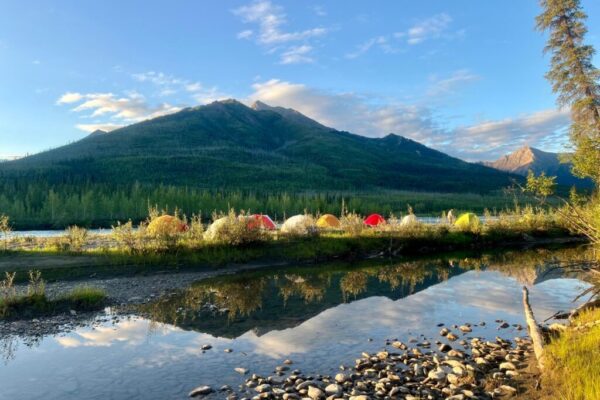
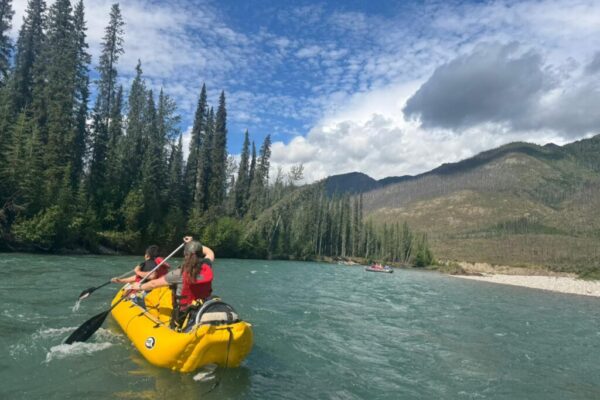
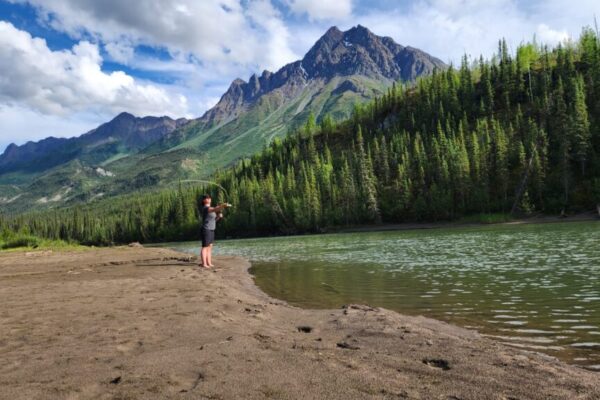
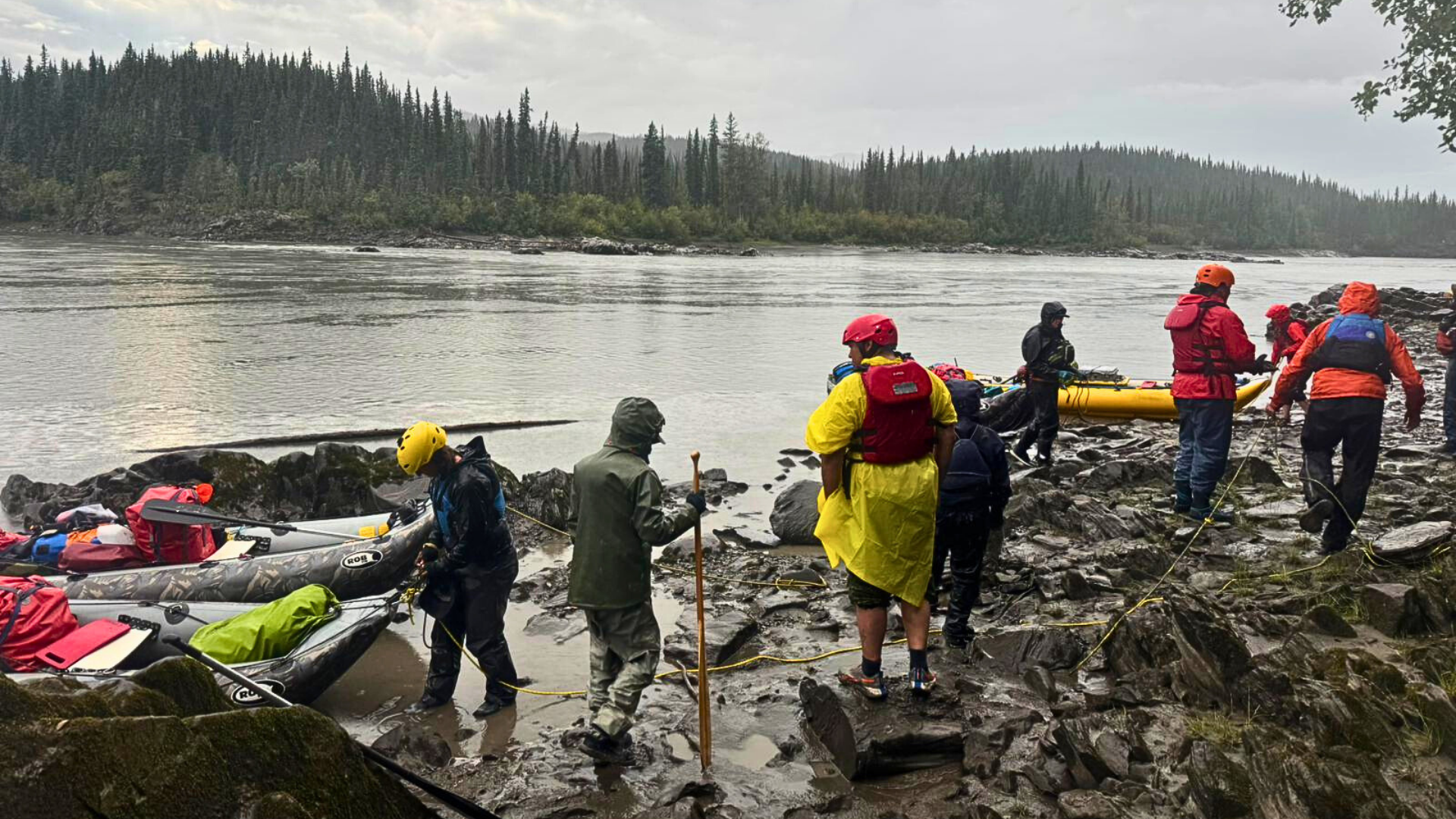
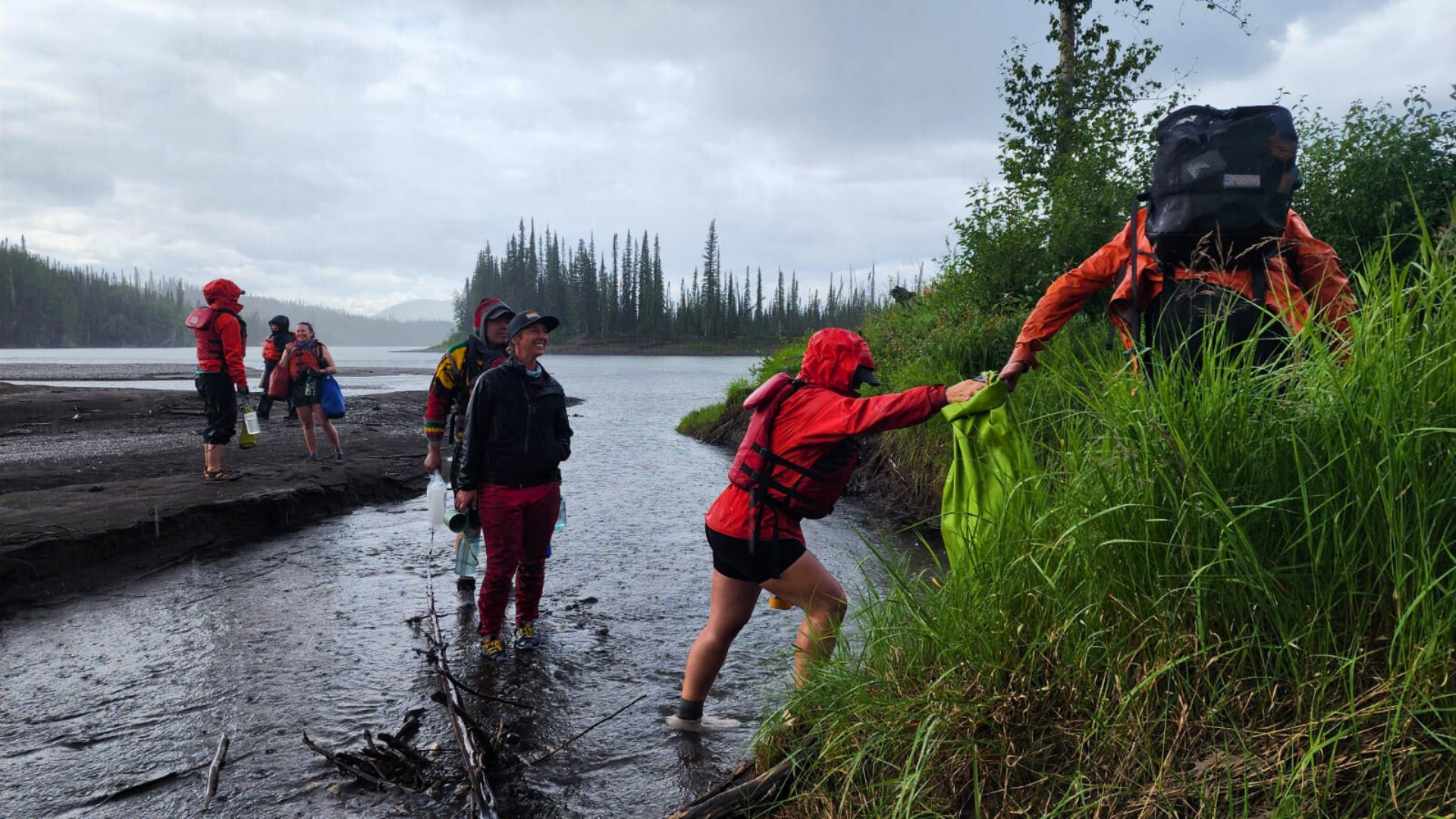
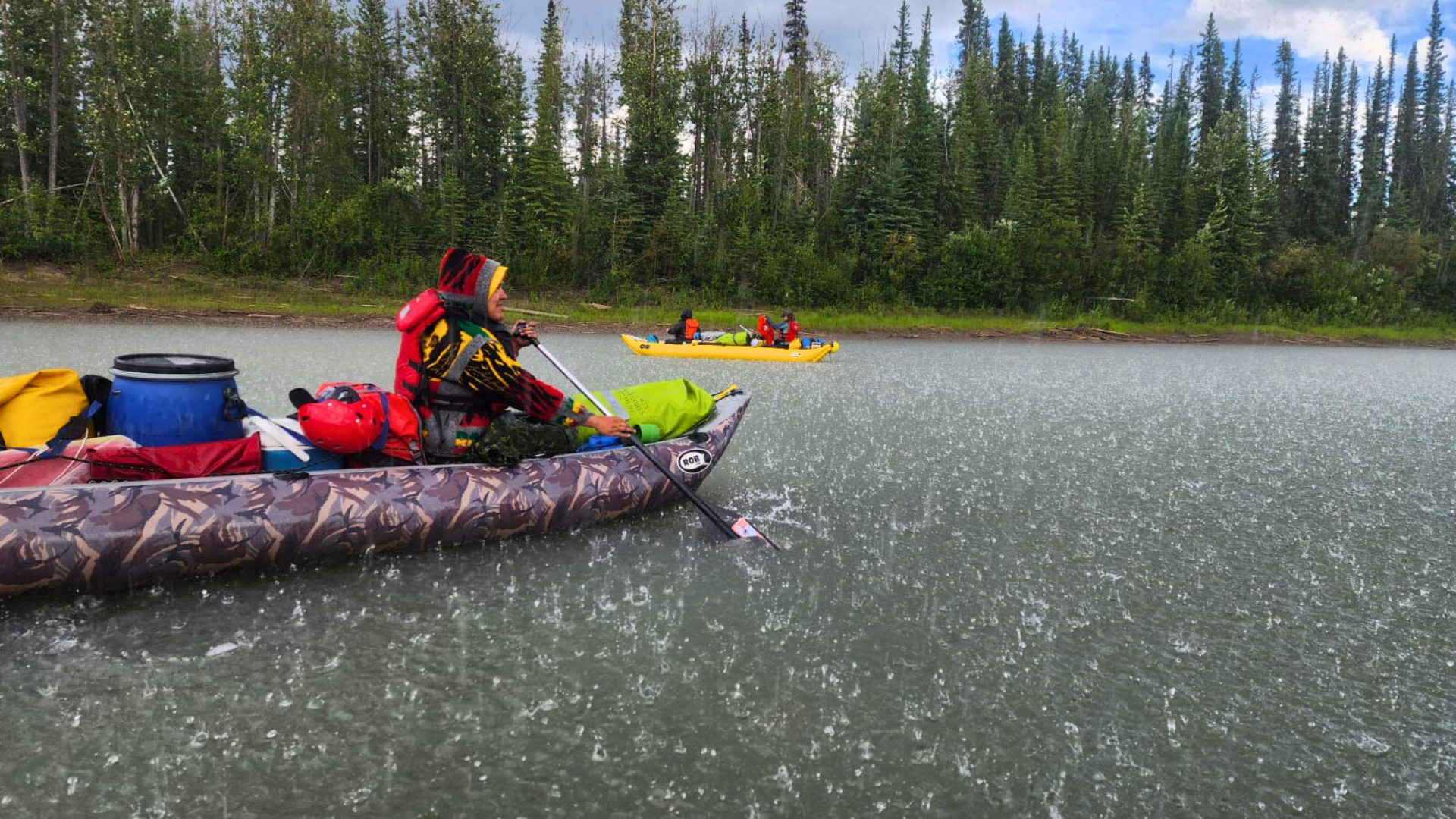
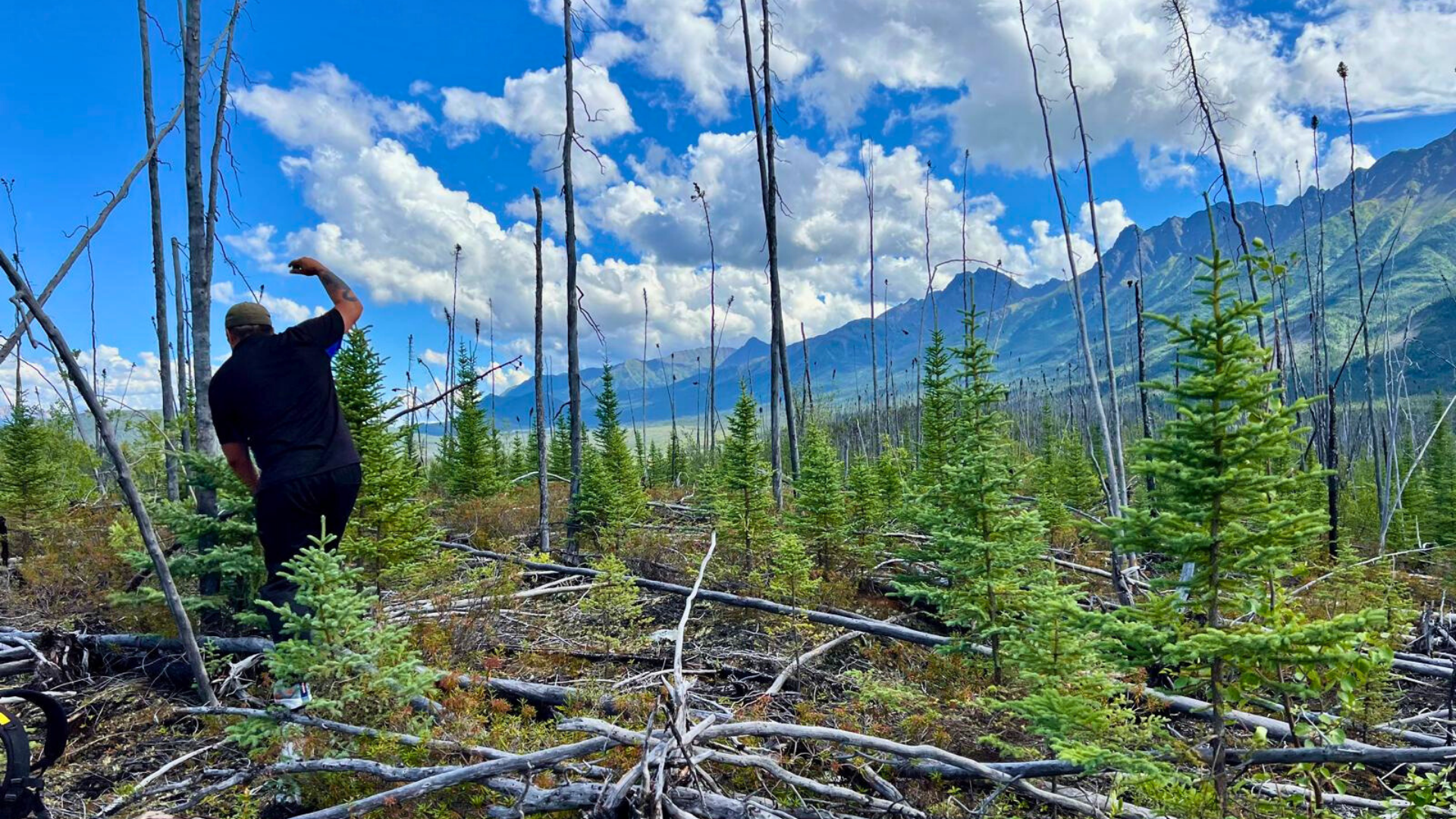
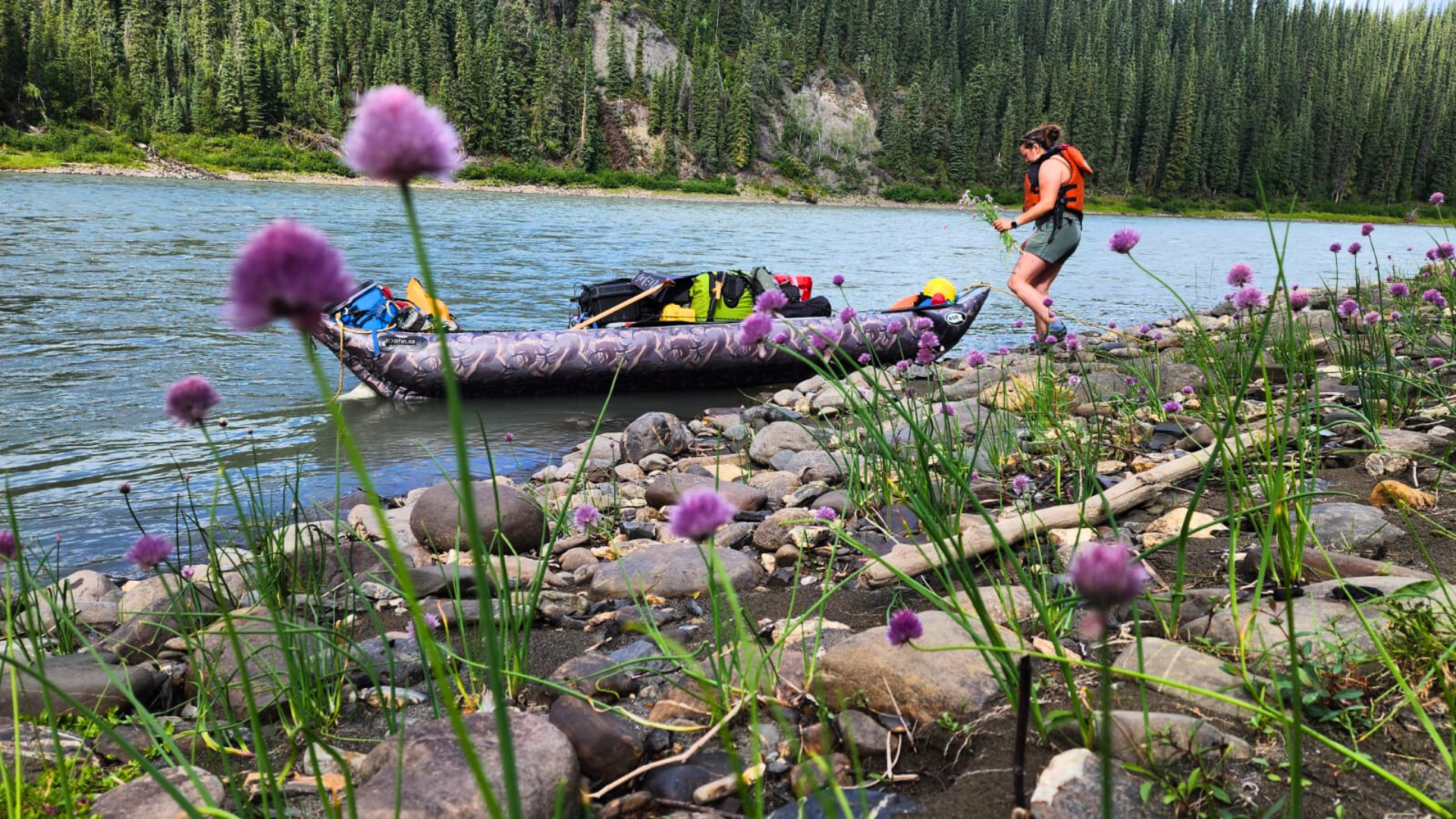
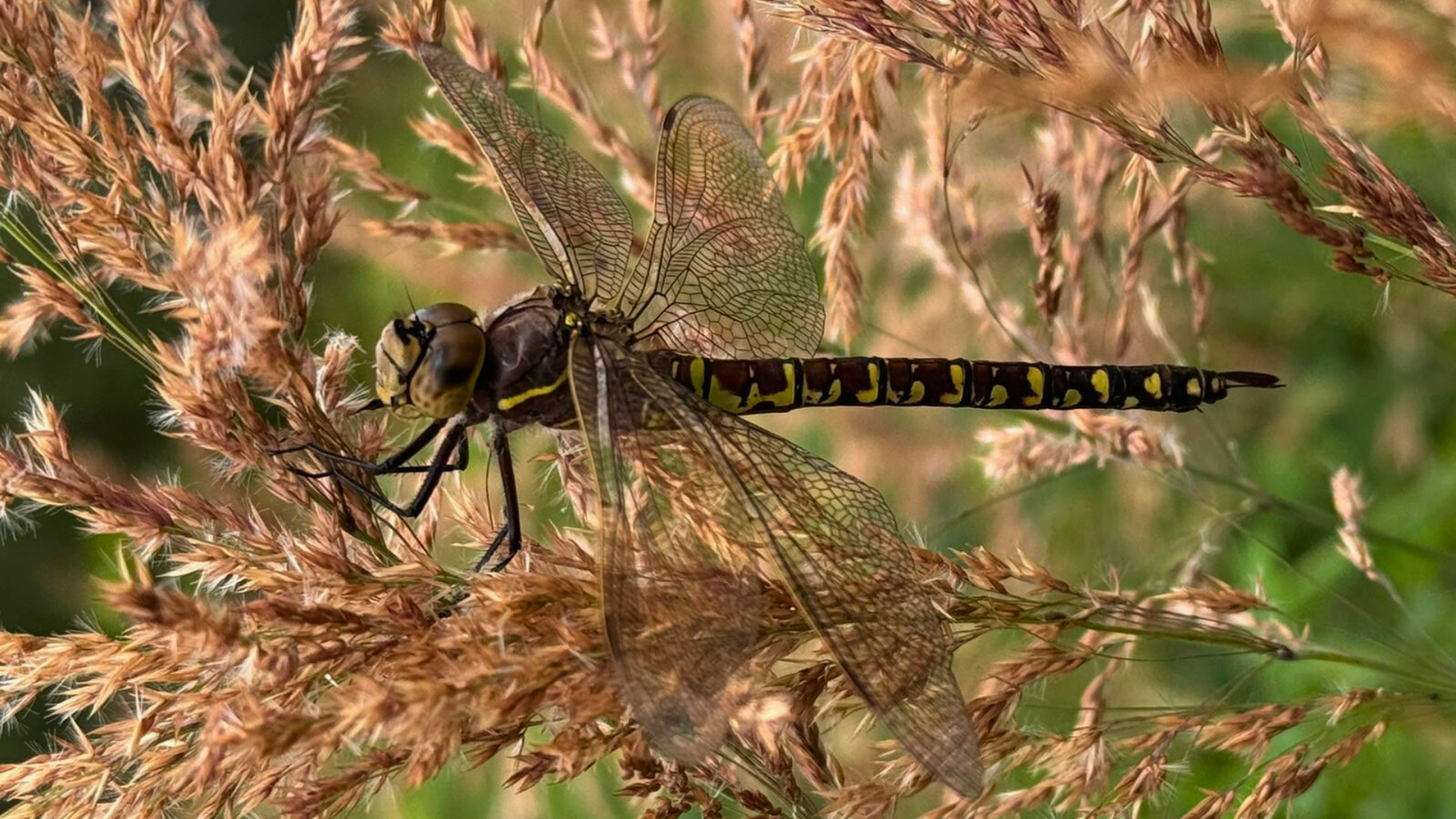
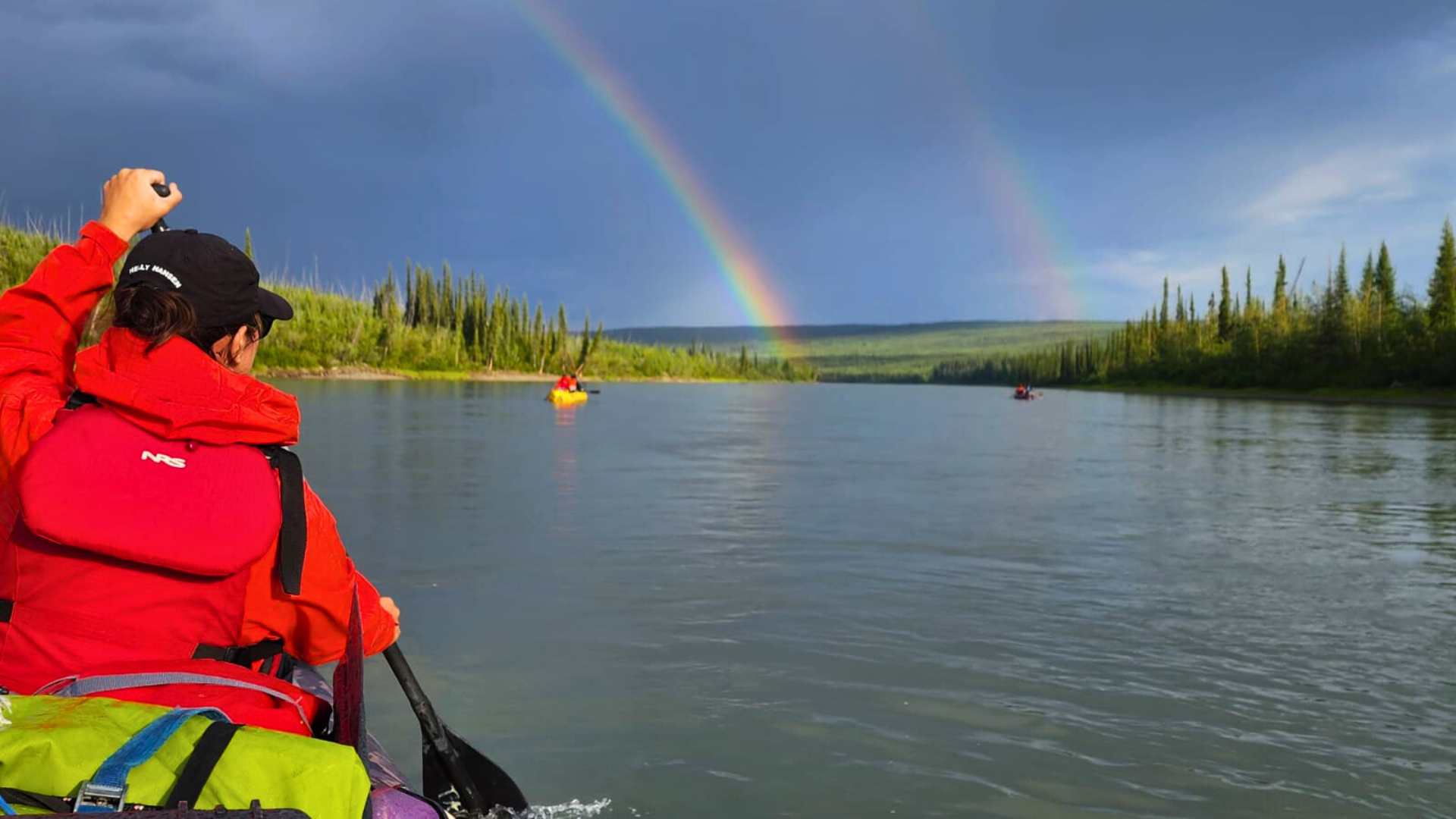
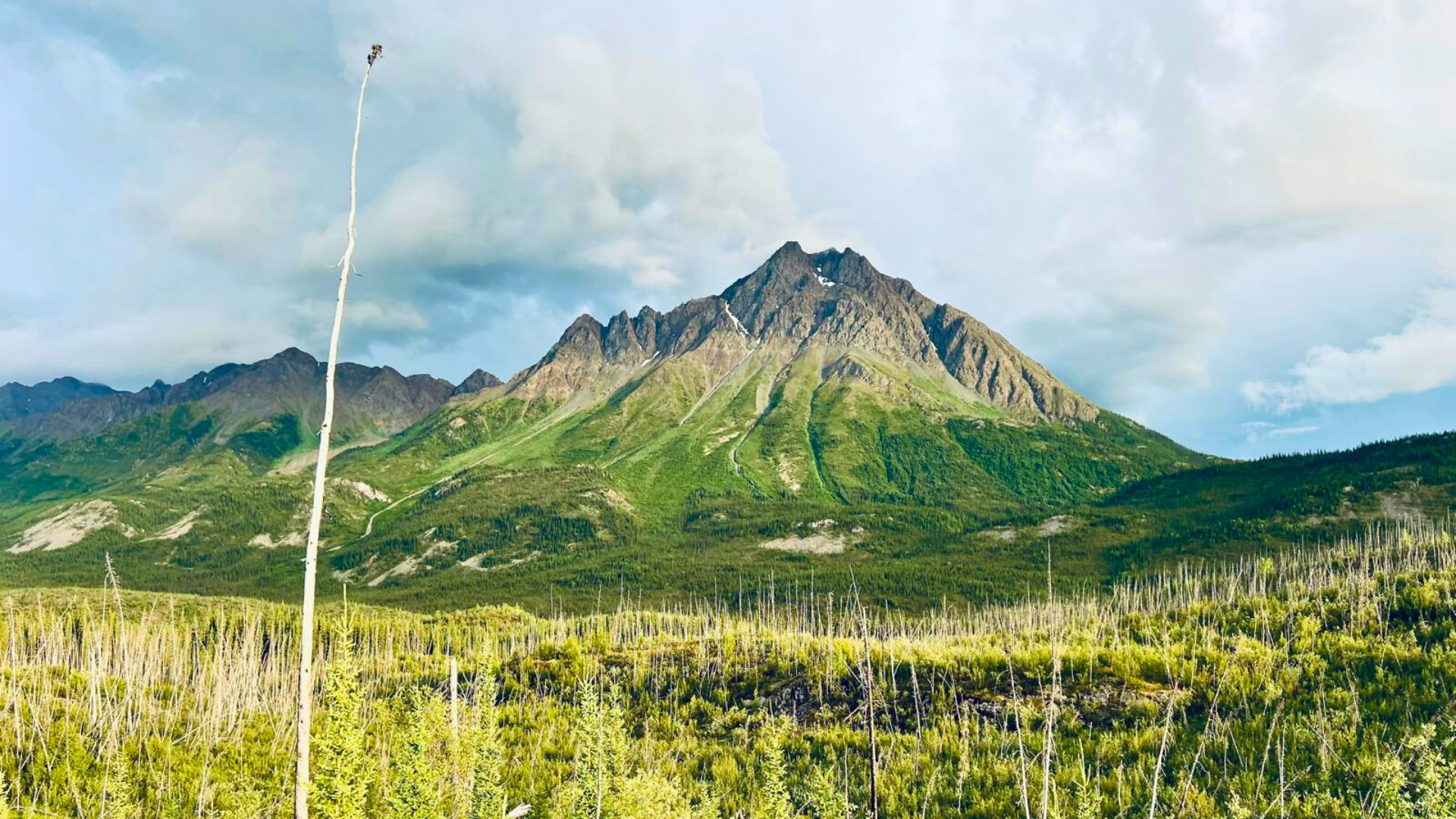
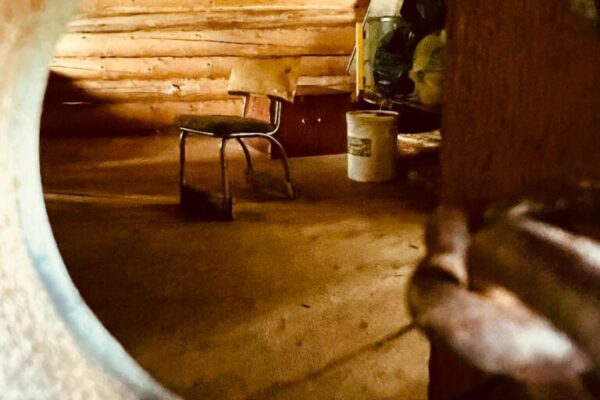
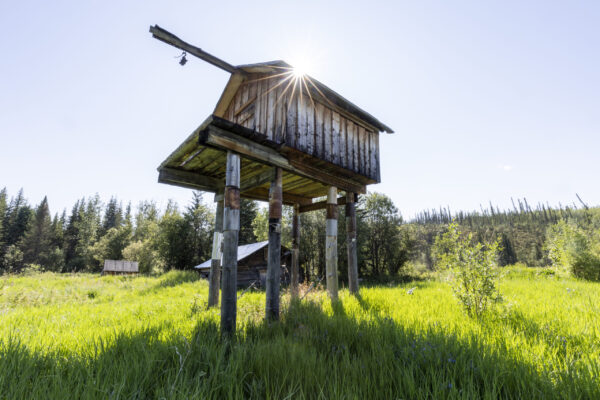

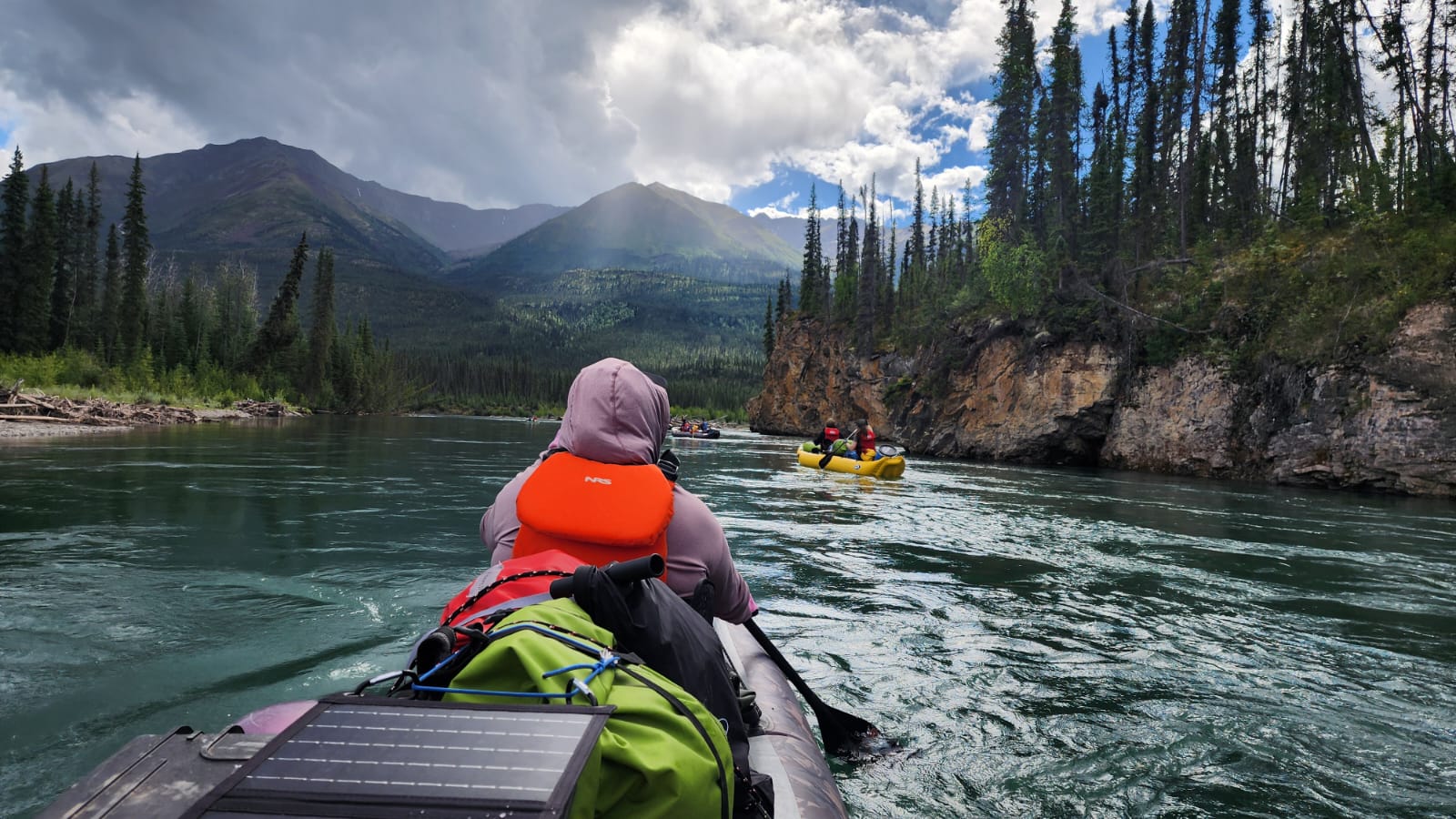
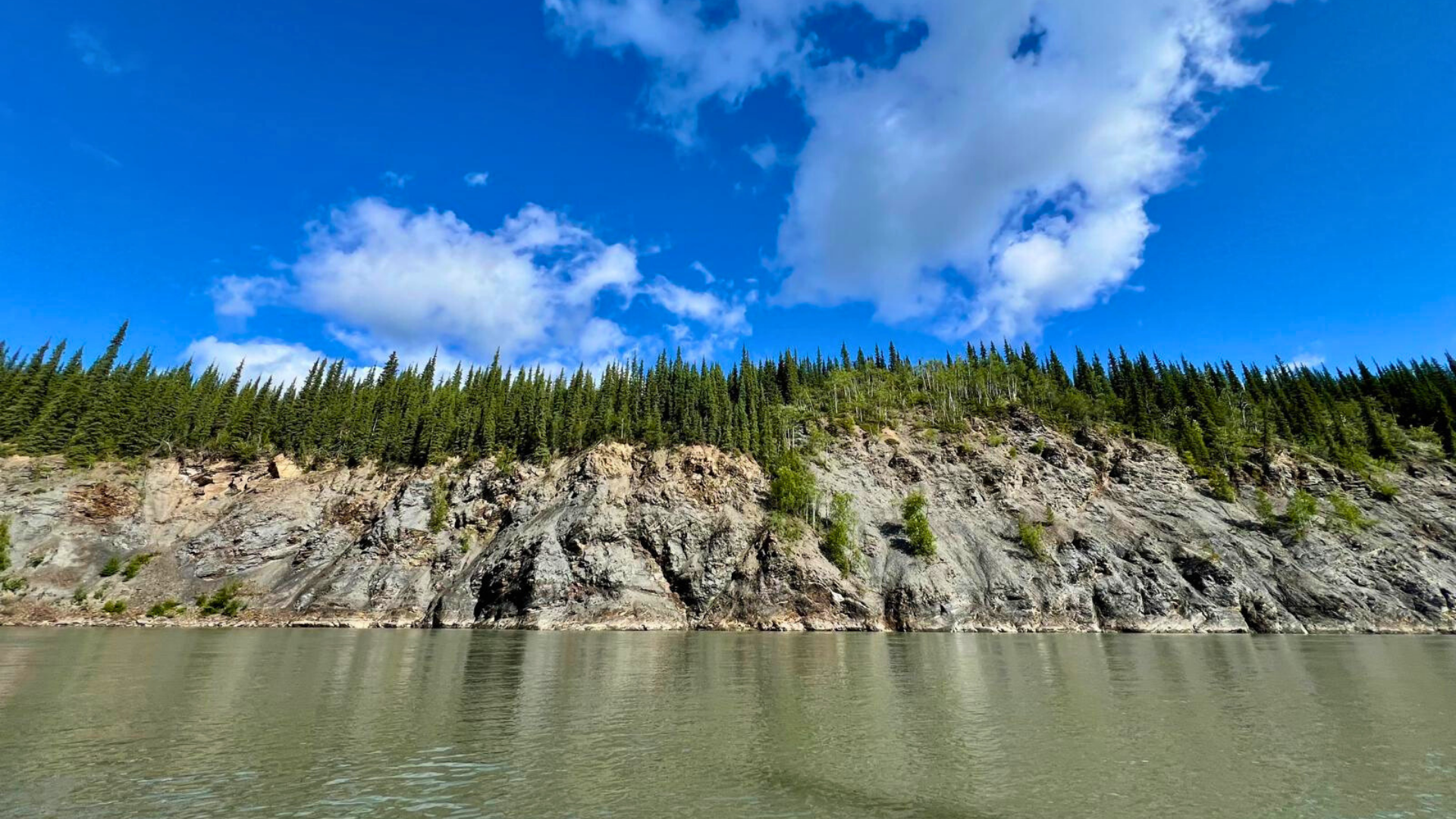
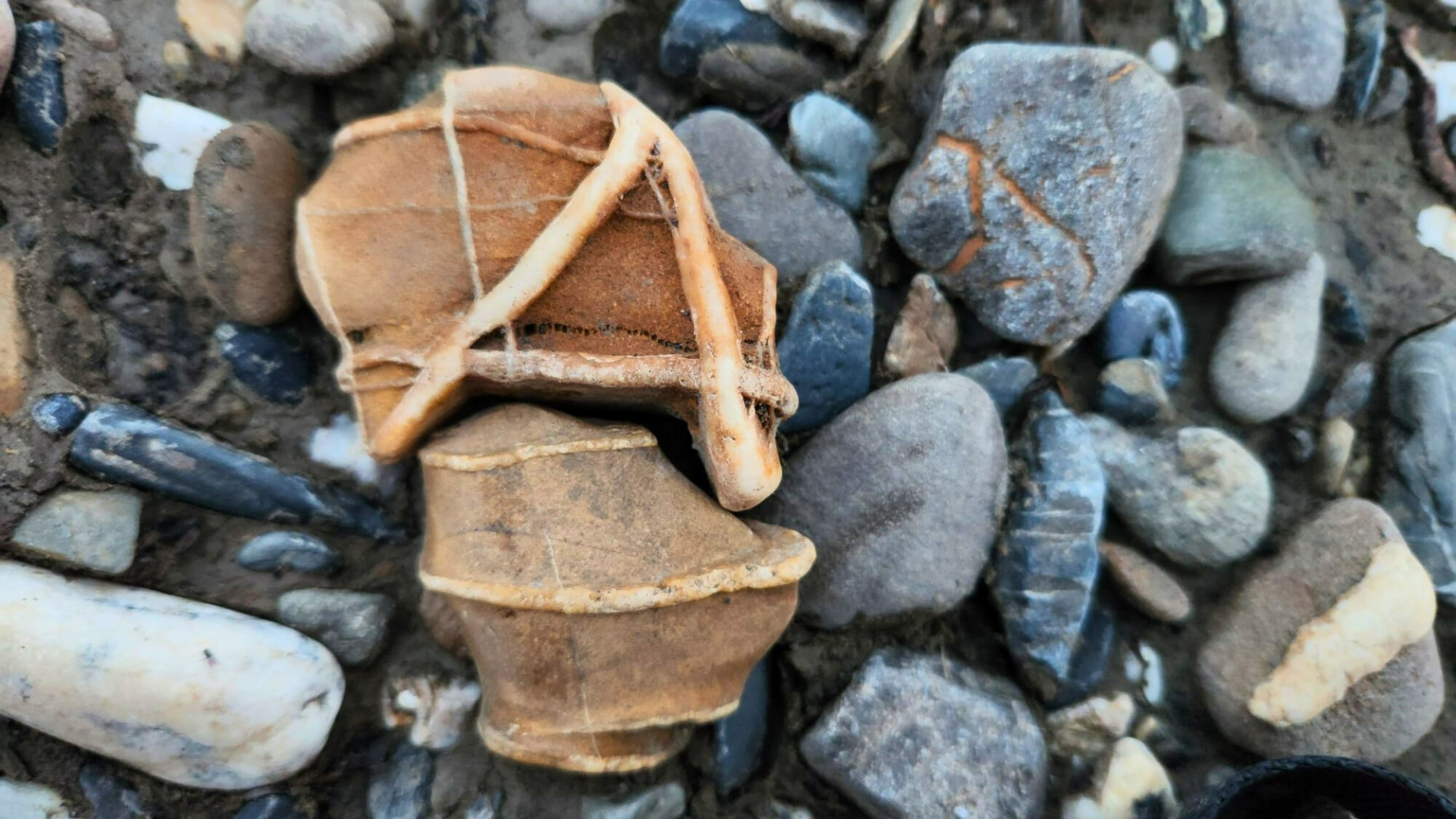
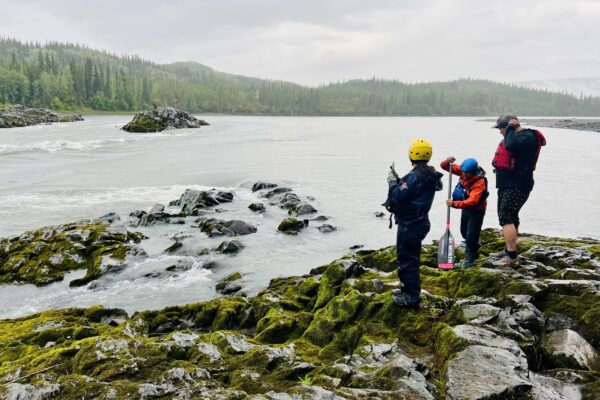
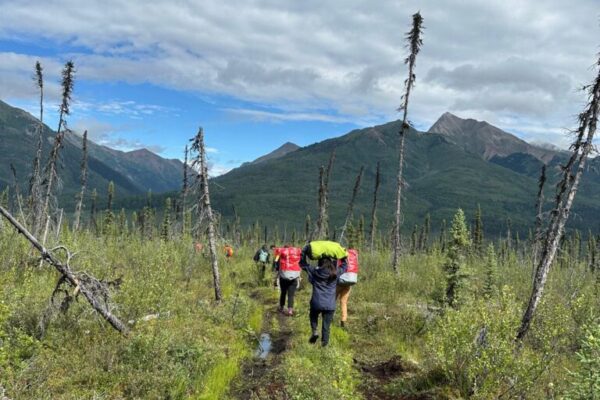

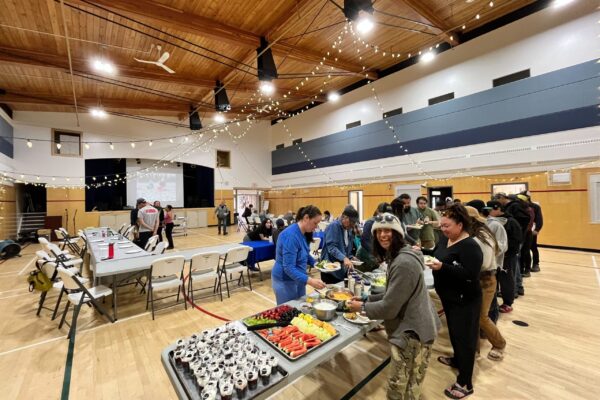
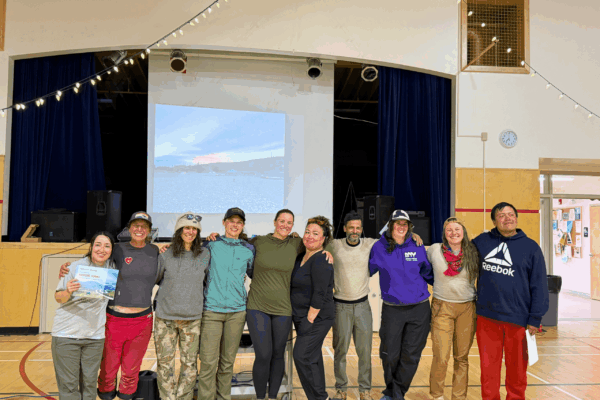
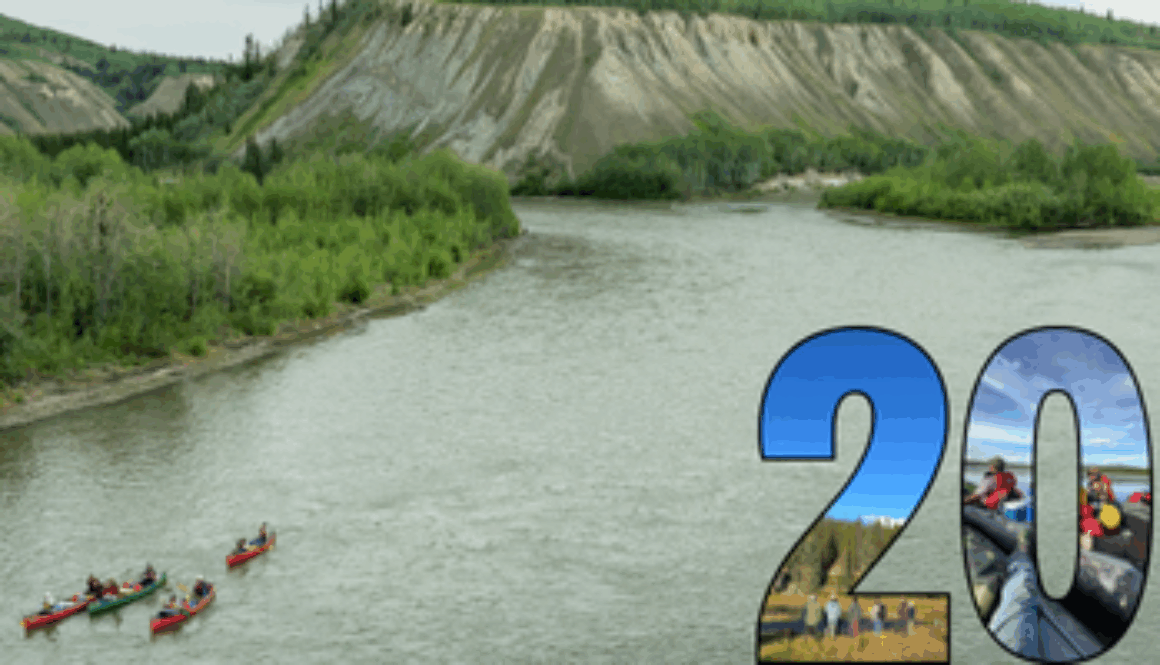
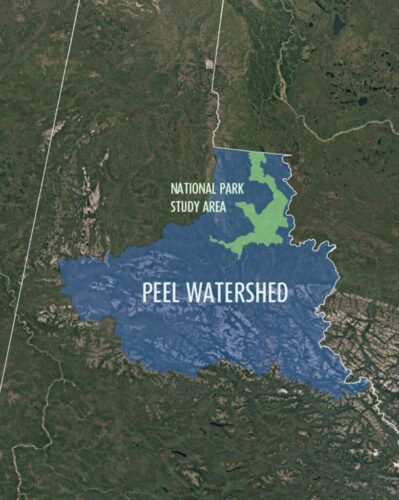
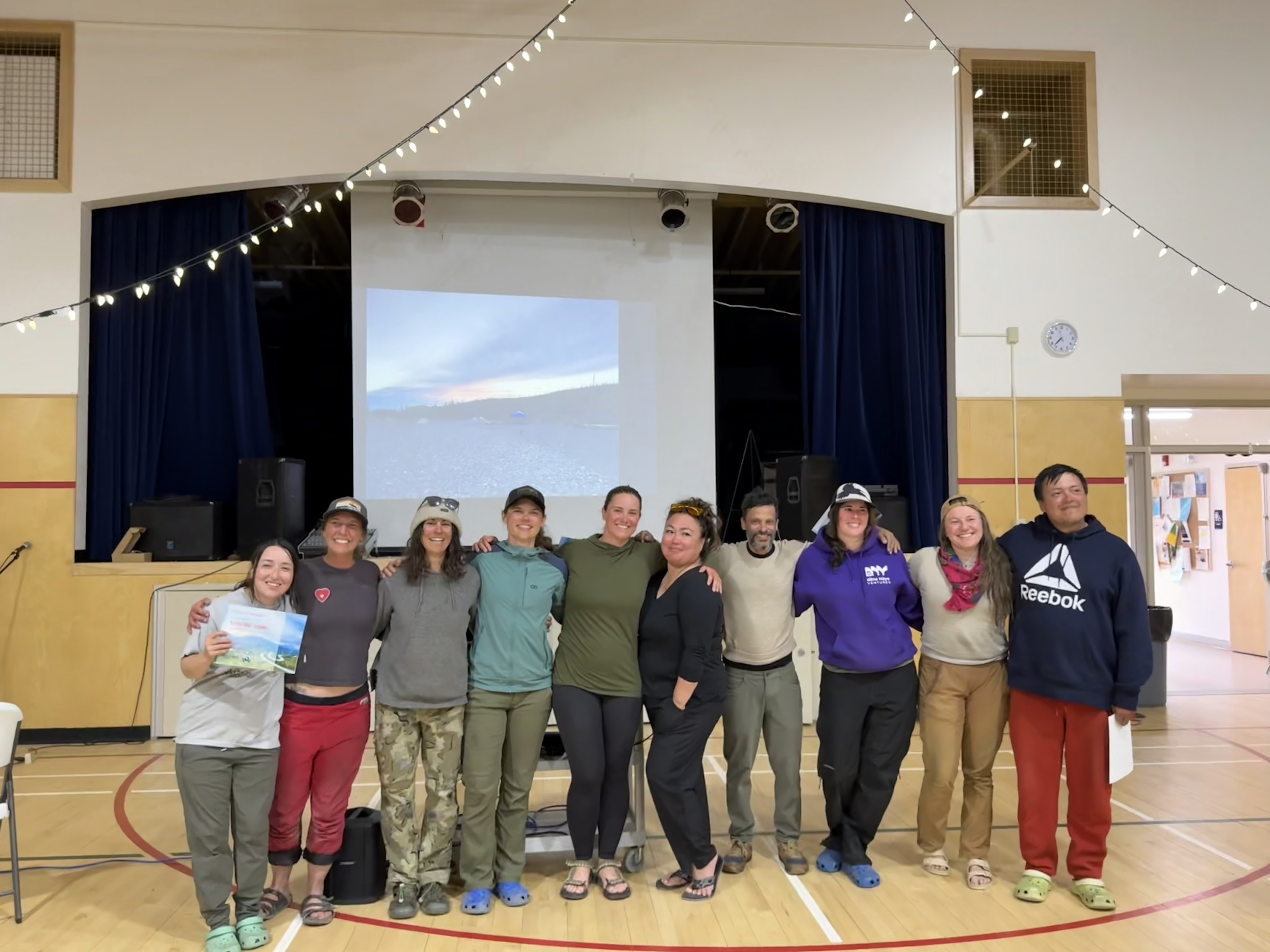
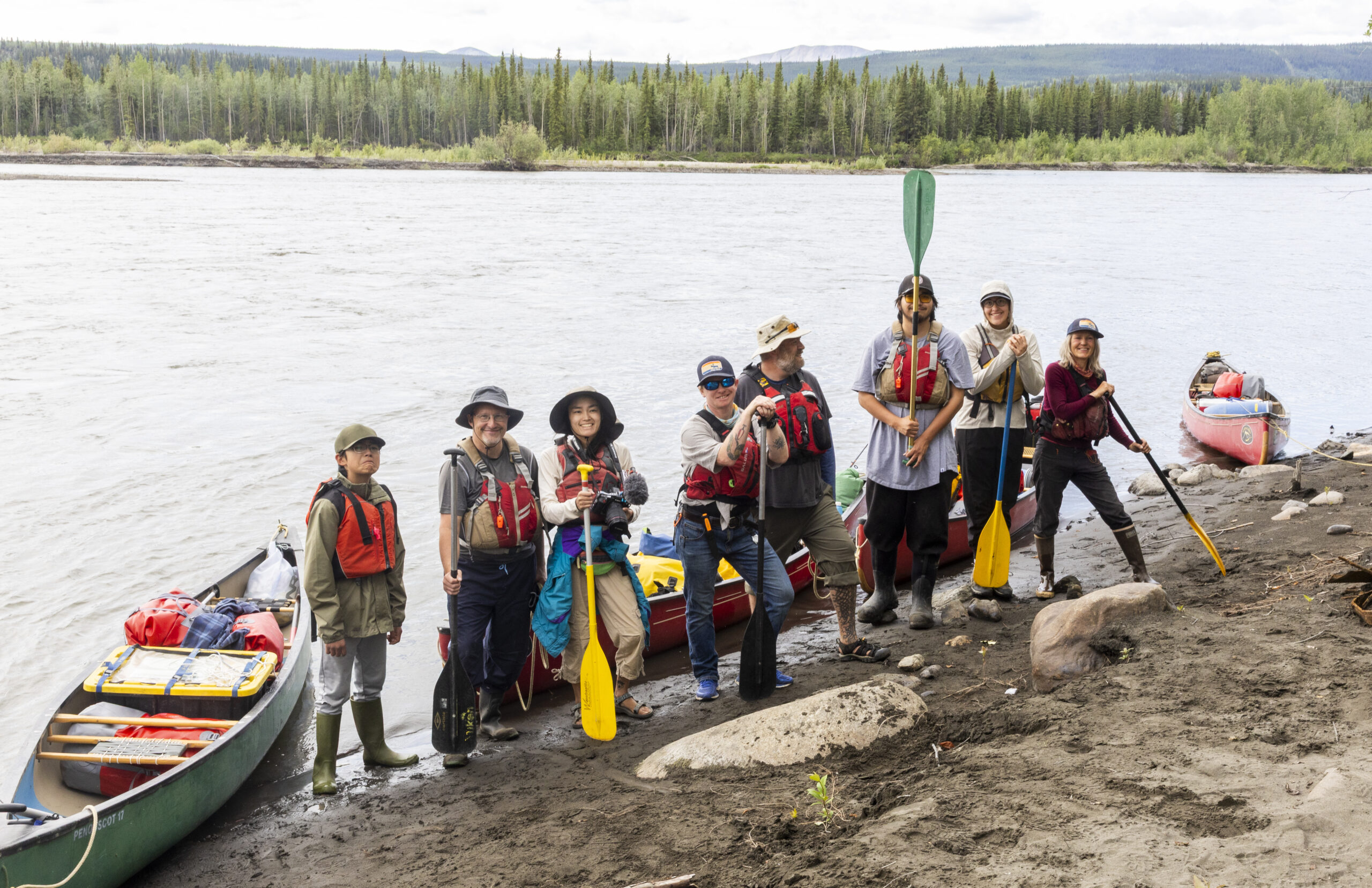
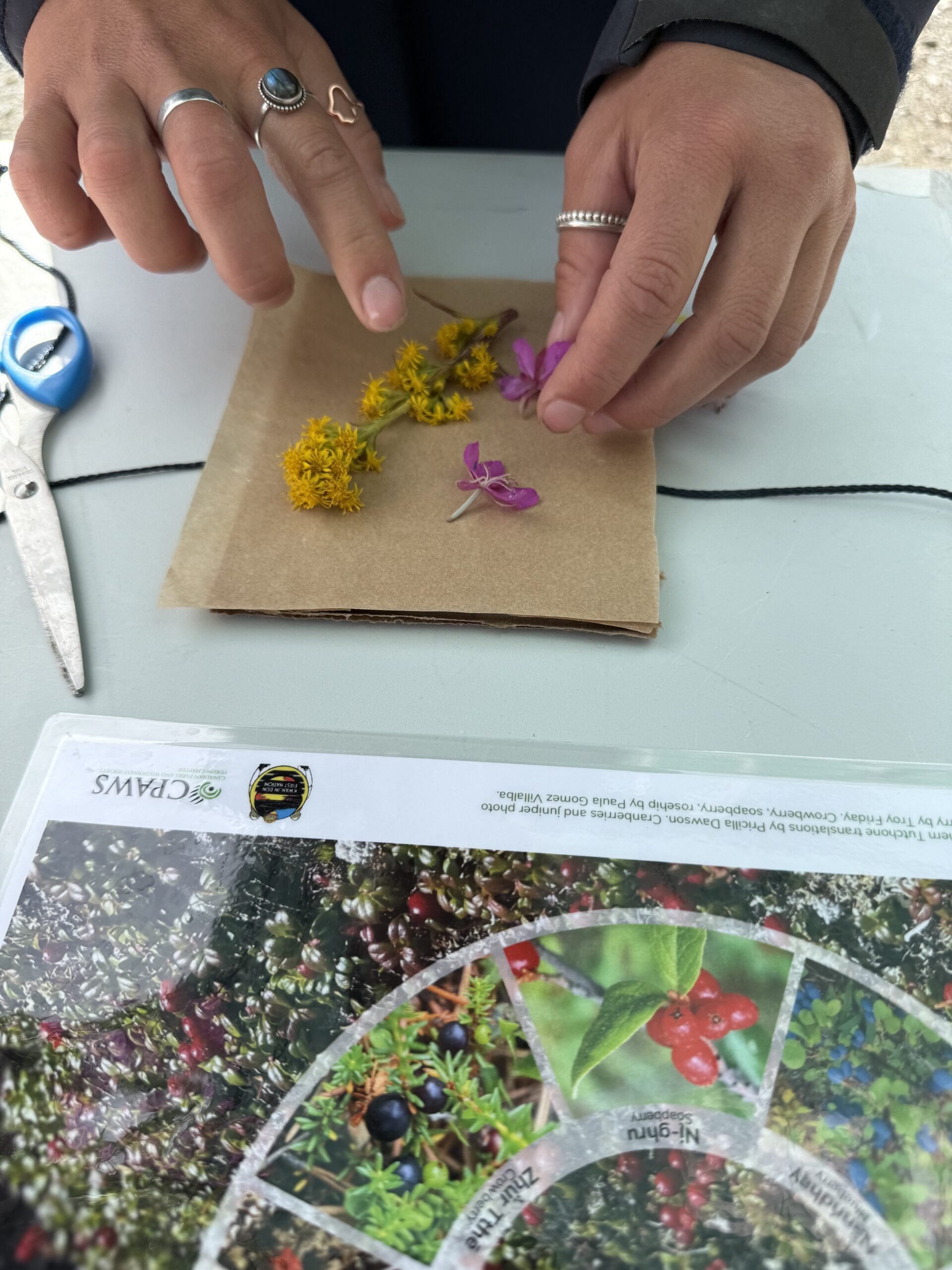
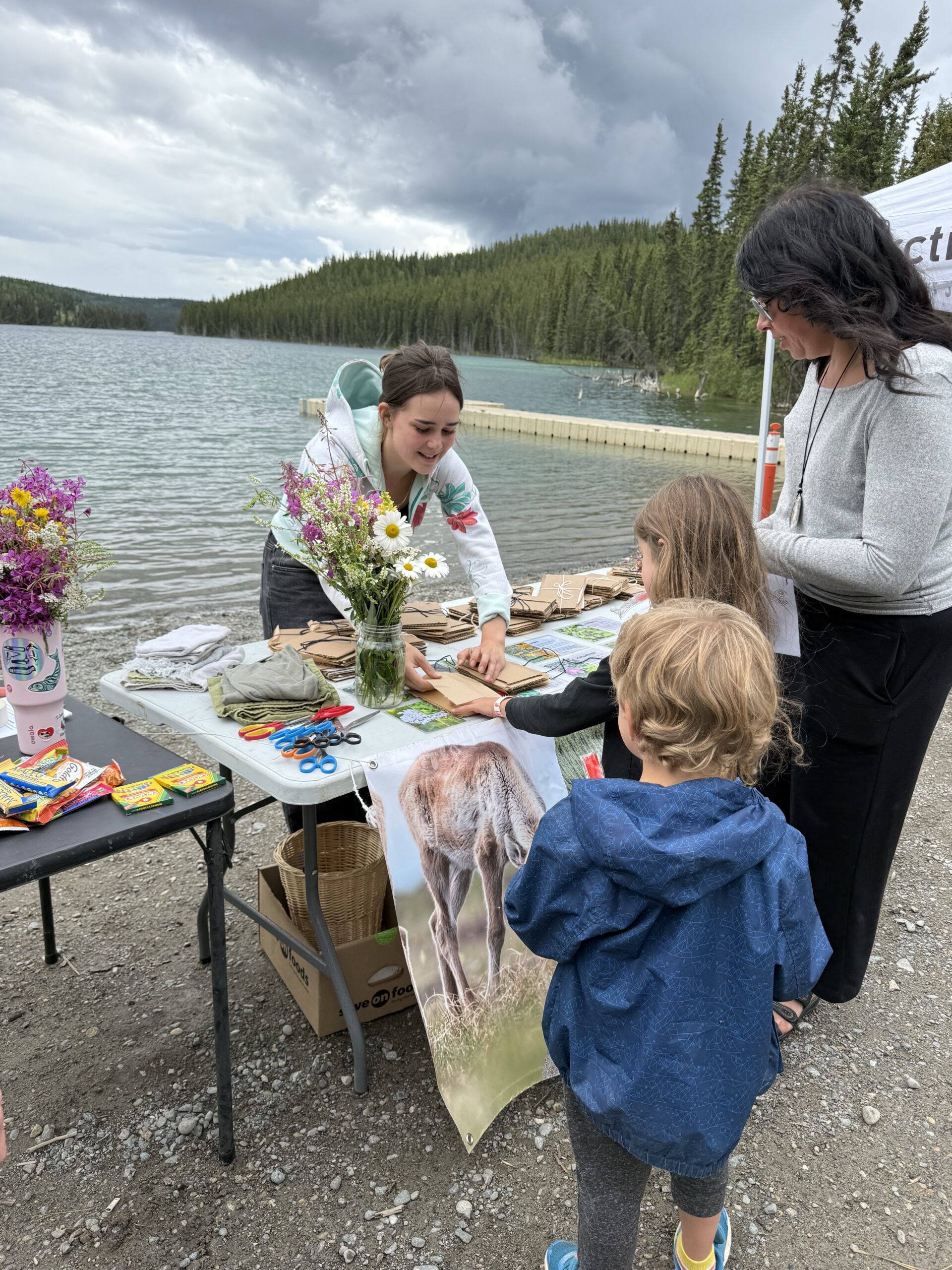
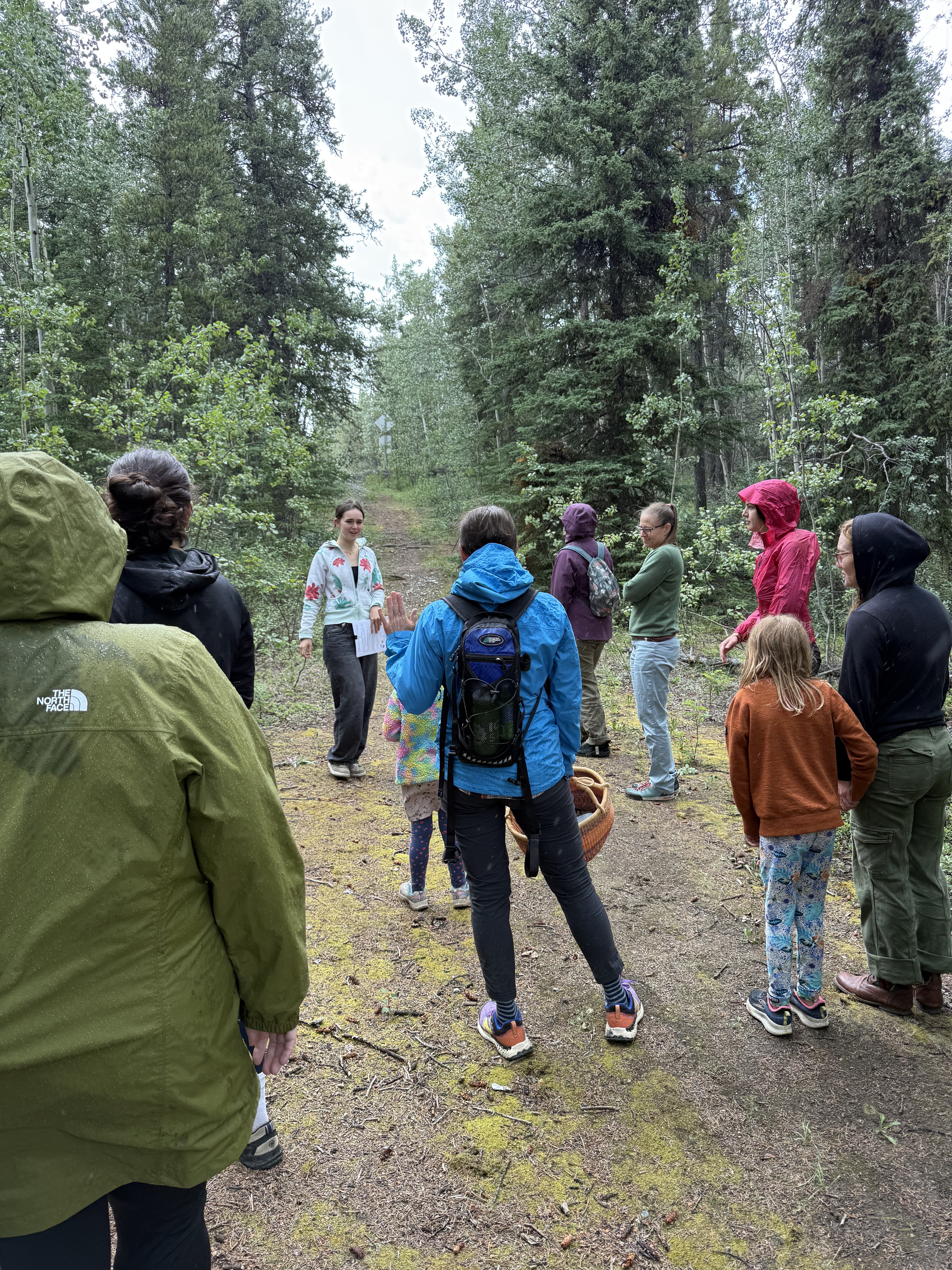
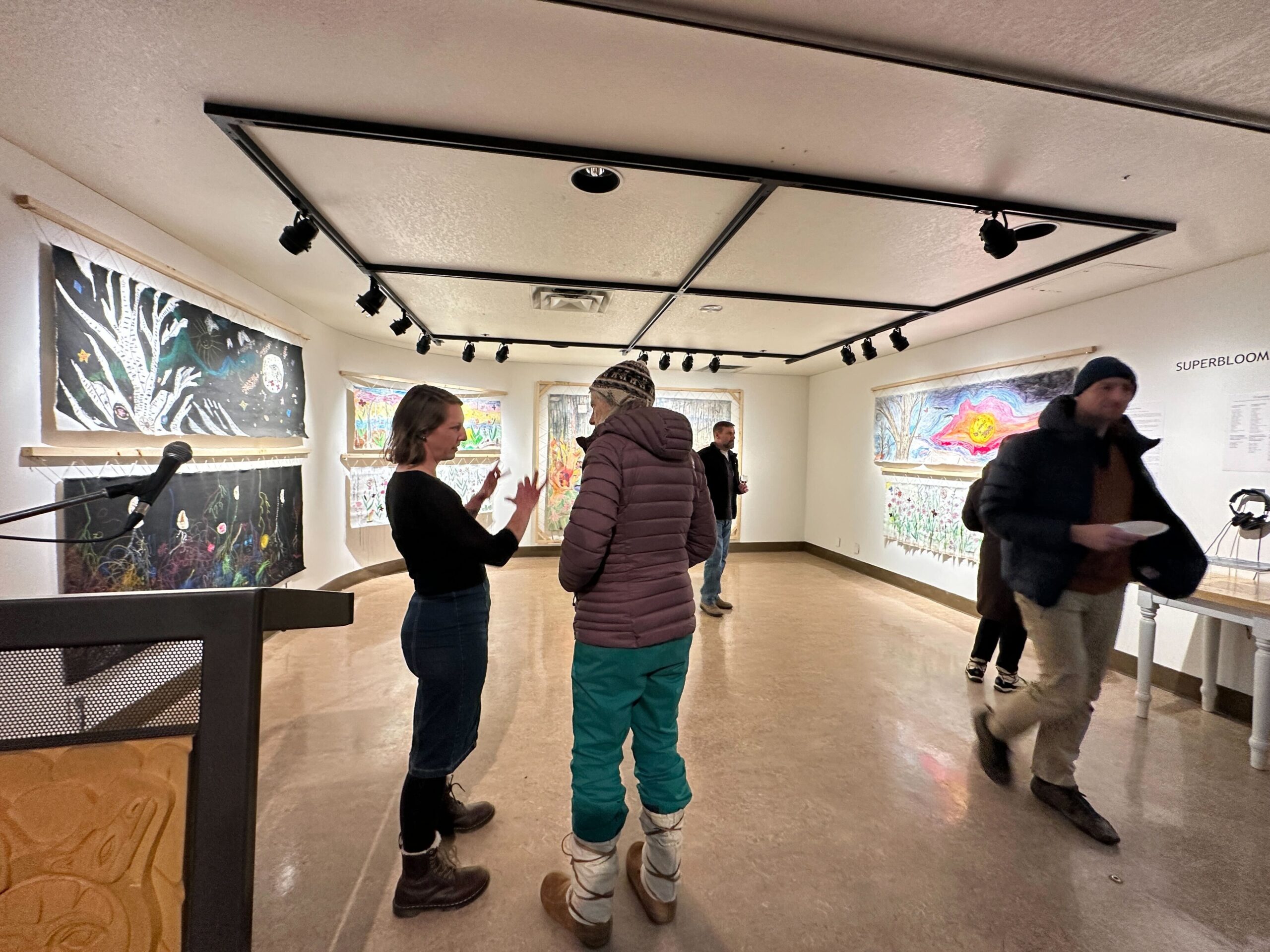
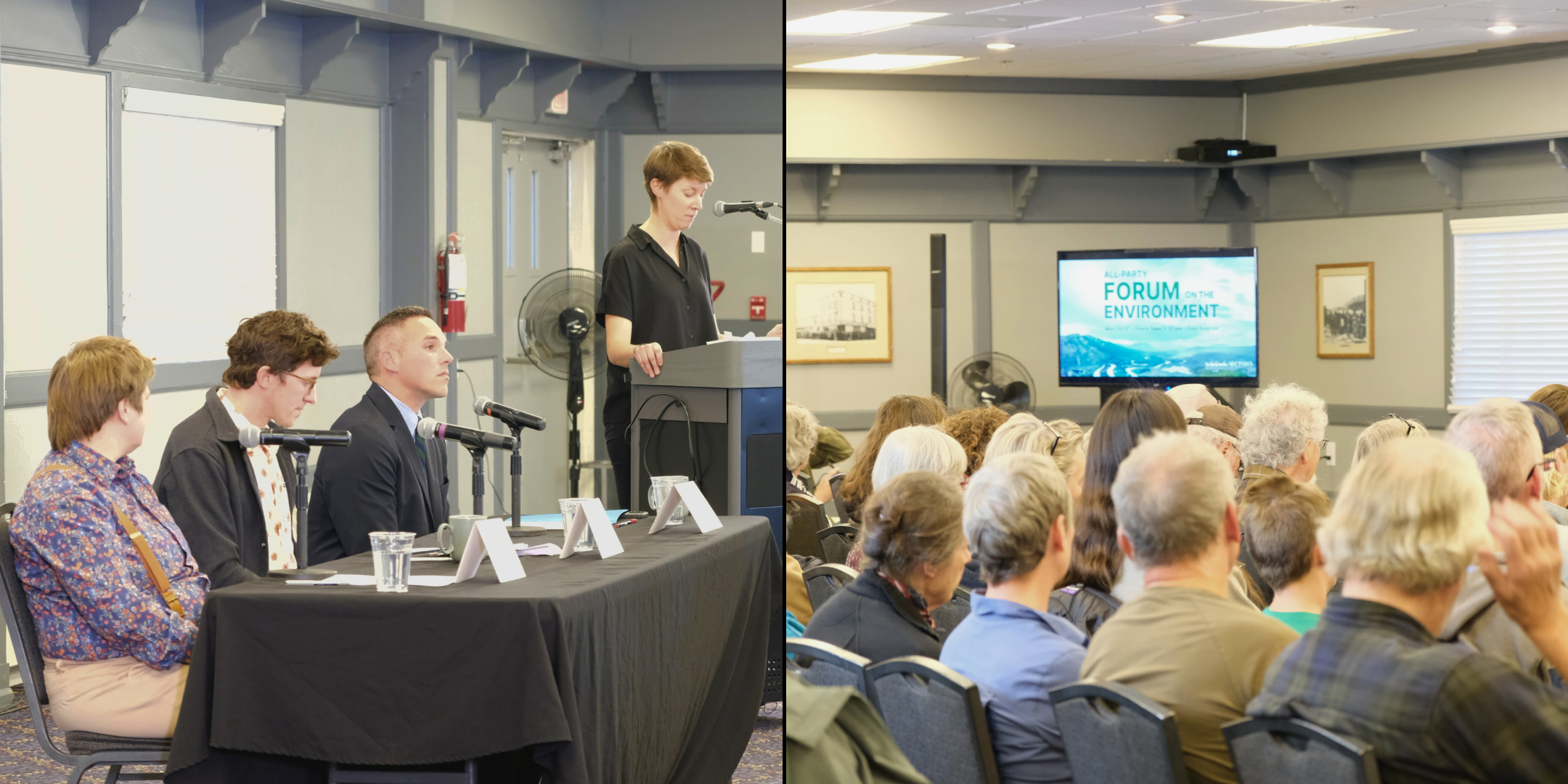
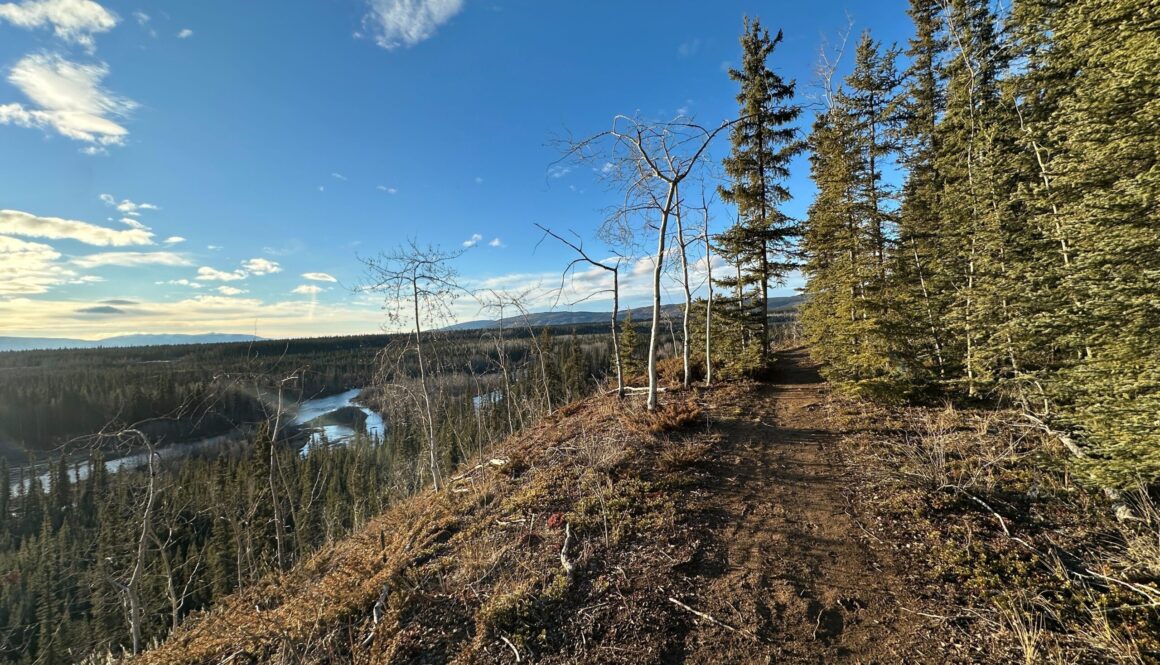
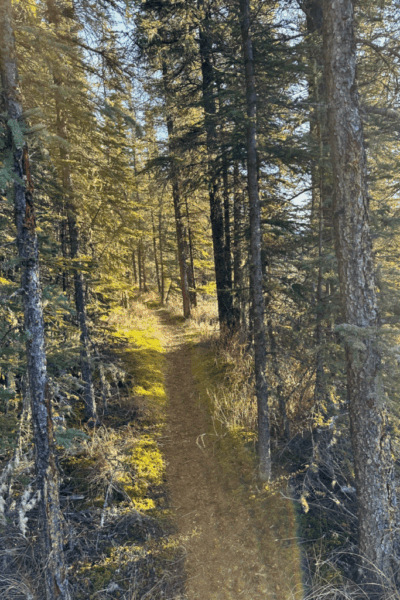
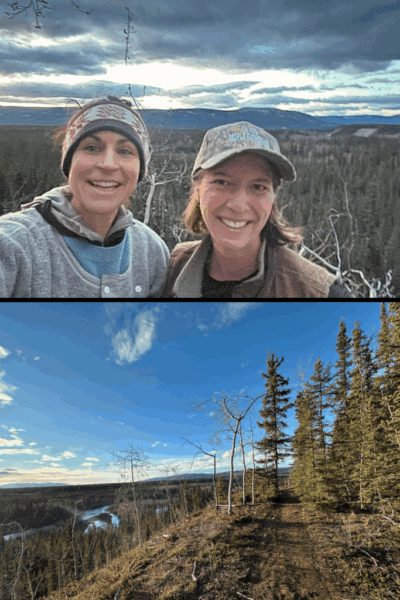
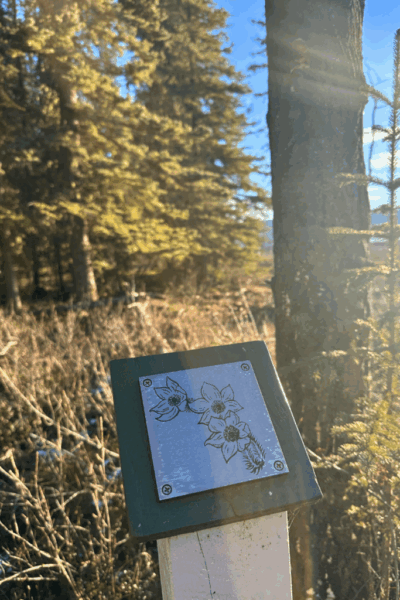
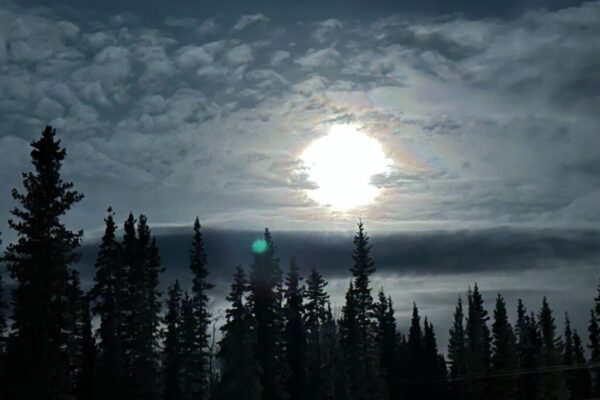

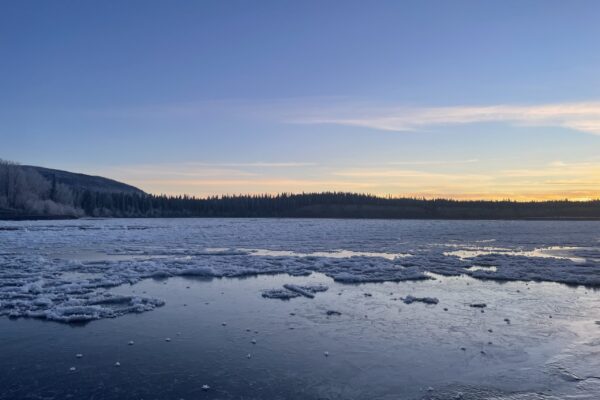
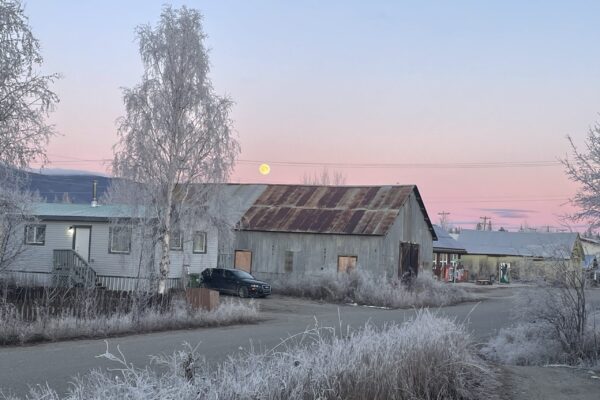

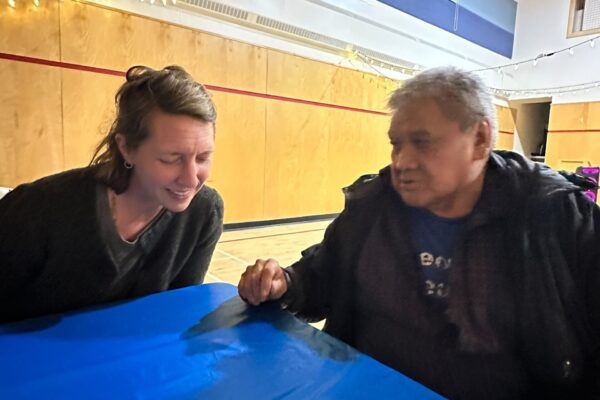
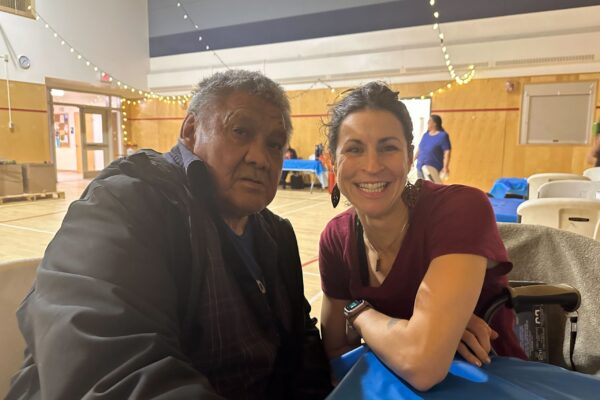

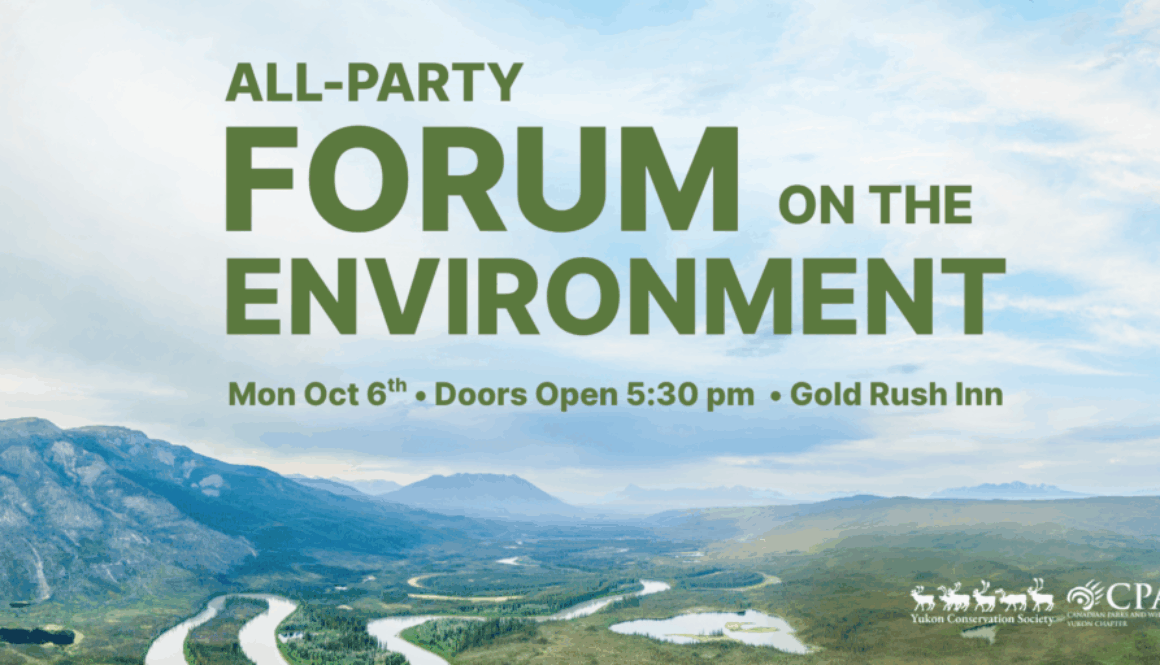

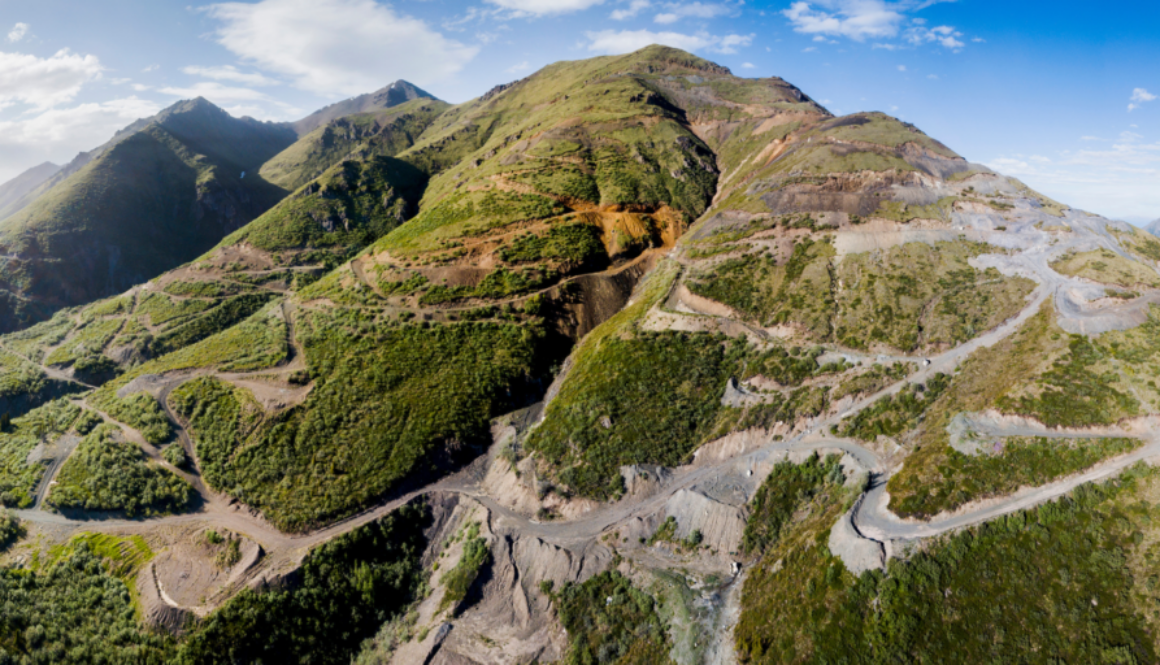

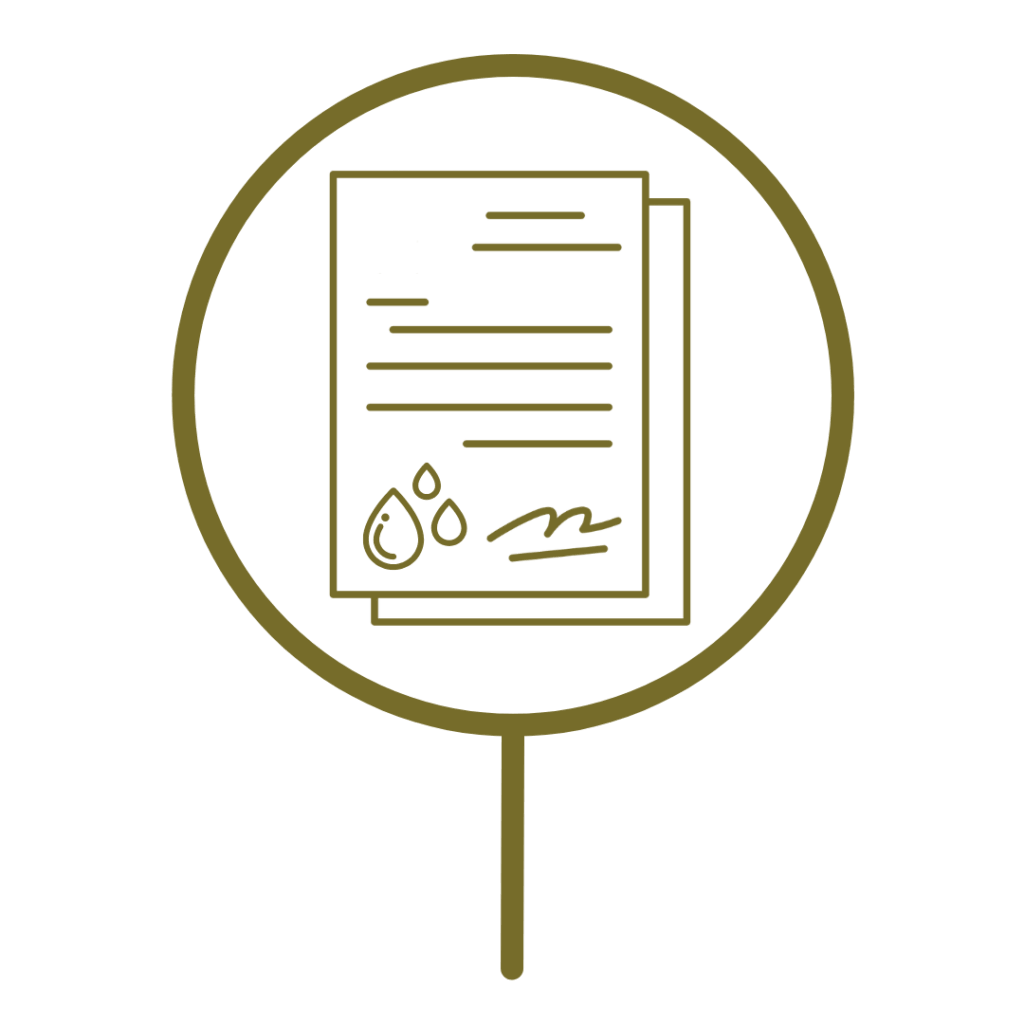 Step 2
Step 2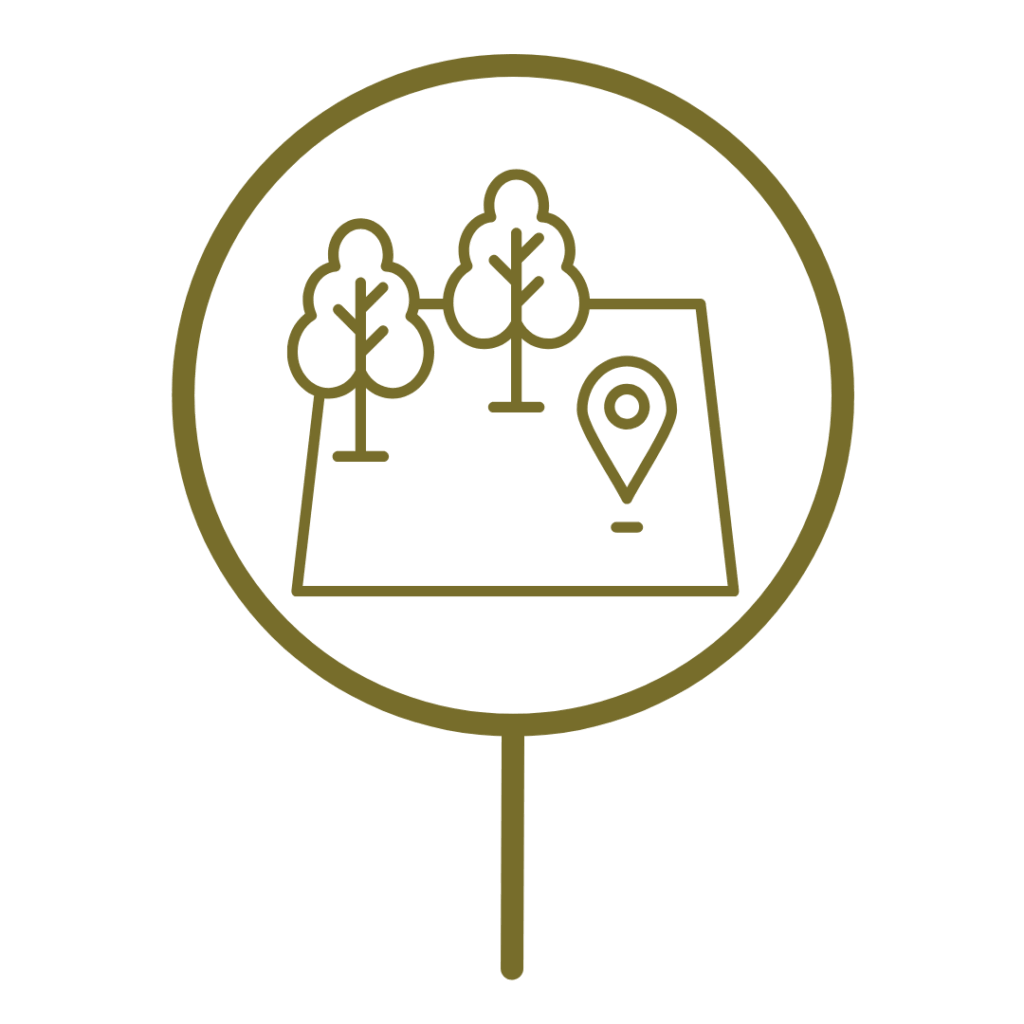 Step 3
Step 3
